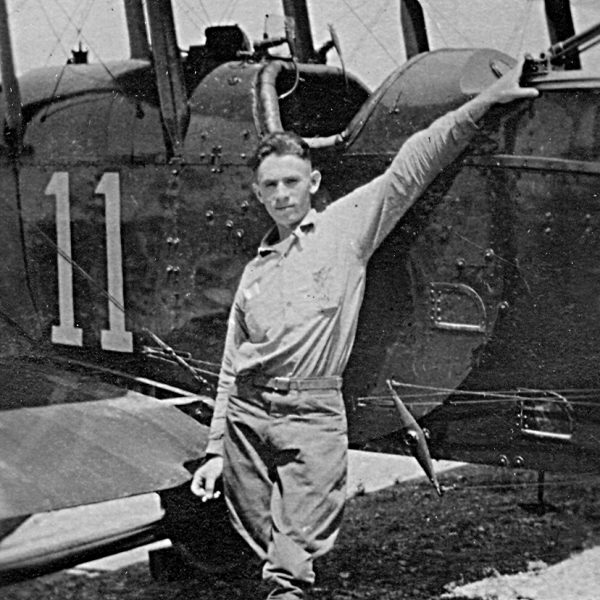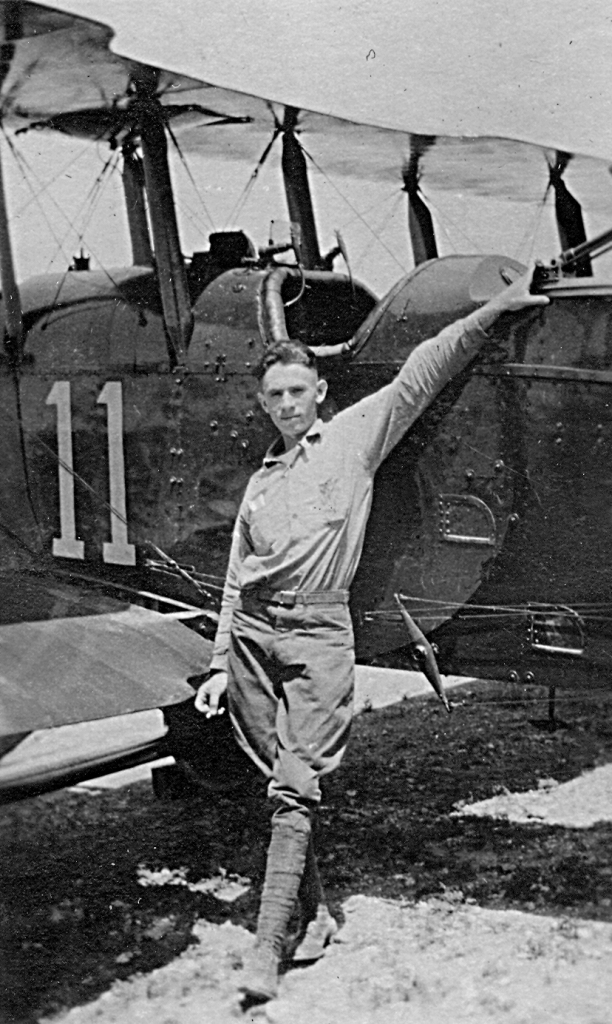
The photographs and story of Edward M. Berger’s experiences with the Signal Corps / Army Air Service, 166th Day Bombardment Squadron, and the 49th maintenance and operations squadron (second bomb group) supporting General Billy Mitchell’s, Mitchell Bomber demonstrations off the coast of Hampton Rhodes, Va.
1918 – 1922.
Based on the oral history, photographs, and assumed inner thoughts of Edward M. Berger, 1900 – 1988, as excerpted from the book, Transcending, The Life Of A Twentieth Century Man, by Edward F. Berger (son). Unpublished. 2011. Photographs available for use with permission of the author.
Chicago, Illinois, 1918.
“Go fly those planes you’re always drawing, Ed. Go see the world.”
“The war’s almost over, haven’t you heard? I would have joined up like you did, but it is too late … I was 18 in July. They are talking about an armistice; the end of the war.”
“You can still join you know. I keep up … I know. They want men to join the Army, the Signal Corps … the Army Air Service they call it. Not so much to be pilots … there’s plenty of them left over from the war … but to learn how to maintain the planes and keep ‘em flying. You’d be good at it.”
“They’d take me? For real? There’s that guy around the corner … I see him every day when I walk at lunch time. He’s a recruiter, I think. Every day he leans out and asks me, ‘Hey Kid, want to learn to fly?’”
“Listen Berger, I know you … remember? You’re smart and capable. You read and write better than most here. Why, you could make Sergeant in a year … maybe be an officer someday. I know, I did! Talk to the recruiter!”
“What do they do to you, Sam?”
“It ain’t half as bad as what you live through every day. They haze you at first, then they train you to do a job … work on planes … fly maybe! Then you’re in and secure as a tick. You go in with nothing, come out with an education and money. War’s about over, all you do is enjoy! You don’t have to worry about coming out like me with a bum leg and all. Your decision then. What’s it to be? Trapped here forever or…?”
“Go there with me? I feel like enlisting right now. You know the ropes, go with me?”
I can’t believe I did that. Now how do I get out of it? The Army! The Signal Corps! I want to fly …. could get killed. Can’t go through with this! God, how did I get into this mess? I have to report to Chanute Field tomorrow morning. I’ll hide. I can go up to the Dells. They’ll find me. The man said I belonged to the Army, the government, when I signed the papers. They’ll find me … anywhere!
Things were going okay here. I don’t like the job, but I’ve had other jobs before … could have gotten another one. I wanted to ask Sarah Levin out. Could have taken her to the lake and we could have had a picnic on the sand, near the docks. We could have looked at the boats and maybe even have gone on the ferry. I can’t believe I signed those papers – signed my life away. Damned fool! Things were going well … have some money saved for a car someday, or something … I can’t go!
A new life is what I need. Sam was right, I am at a dead-end. I wonder if I can make it? I could die, but sometimes I feel like I could die here. I could learn to fly … don’t think I could stand being up in the air … falling, hitting the ground. Sam got wounded. That was war, I’m going in peacetime. What if they make fun of me? I might not be able to learn stuff. What if they don’t like me. What if I don’t have friends? But … maybe I could start over. I could leave all of this behind and get a new start. I could be the things I want to be. Tomorrow will be a new start. I’ll try. I don’t want to. Now I have to!
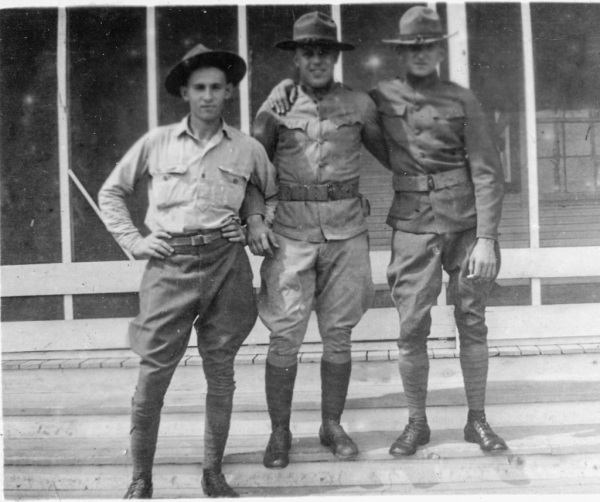
Spring 1919:
Chanute Field, Rantoul, Illinois
I hurt all over. Run, carry packs, dig holes, lift each other, fight to stay awake. I can’t stand any more of this. Up too early. Not good at this stuff. Make the cot, take orders, clean shit from the toilets. Now that bastard wants me to be a squad leader. I don’t know how. Hold the new M1 A1 1-9-1-8 .30 Caliber, clip-loaded, gas-operated, semi-automatic rifle. No, that’s still wrong. It’s a semi-automatic, gas-operated rifle. Take it down, clean it, assemble it blindfolded, carry it, present it. Do it damn it Berger. Do it! My arms hurt.
“Hold that rifle at present arms. It’s shaking Berger, can’t you see that? I said hold it and that means hold it still! Now open the bolt! Depress the clip lever with your thumb! Ha! Caught you, didn’t it? Do it again, and do it right!”
All day in the sun. Sun and mud, sun and sand, sun and heat and sweat. I can’t stand this!
I did it! I made it through this part. He’s coming back … we’re off to the obstacle course again. We don’t get to eat. I’m weak. Five logs, the tires, climb the rope. I’m not the only one whose about finished. I’ll hold …
“At ease men. Break out your rations and eat. Fifteen minutes. You hear, fifteen minutes!”
I hate this. It’s as bad as I feared it might be. What has all of this got to do with being a mechanic or a pilot? The rations taste good. I’m hungry … guess that’s why. Something is happening to me. The Sergeant doesn’t give me as much hell as he gives some of the others. Always puts me in charge, or uses me to demonstrate things. I wonder … maybe he knows how weak I am. Maybe he’s trying to use me as a goat. I wonder. No, I don’t think so. He sees me as I’d like to be seen … he seems to have a little respect for me. Maybe I can be what I want to be … I won’t let him down … unless I get too tired or sick or something.
Today we’re supposed to run and walk for twenty miles. My feet are killing me! My side hurts. Full pack! I’m singled-out, I carry the field stuff! I was wrong about the Sergeant, he’s trying to make me look bad. He knows I’m weak, he’s trying to expose me. I can’t let him.
Better today. I never thought much about driving a truck. It’s sure better than walking. This Reo rides like a sack of cement. My kidneys are juggled. Low gear is slower than a man can walk … goes anywhere. This lever advances the … I’ve got to learn the names to pass the test … spark, but where does spark come from? Got to read tonight. Got to learn that manual. Trucks and airplanes are almost the same, or so Sarge says. It’s a cinch this Reo can’t fly … wish it could though, pulling back on the wheel, maybe it’ll take off!
We finish next week. Mama should see this. This will be the first thing in my life that I finished better than I started. It was hard. I did it. I’m going to finish basic training. I made squad leader. The others seem to like me. At least I can keep up, fool them and get by.
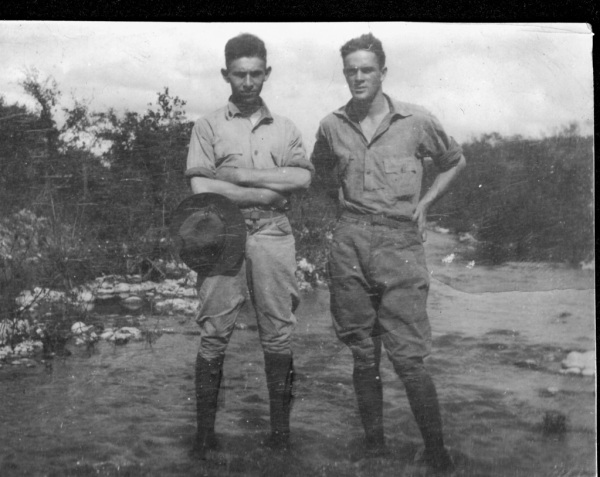
Summer, 1919:
Ellington Field, Houston, Texas.
“You boys don’t resemble the rag-tag bunch you was two months ago, but y’all got a long way to go. Stone, straighten up that hat! It ain’t a sombrero and you ain’t no Mexican!
Come on boys, get it straight. Hold in that gut! Berger, why in the hell don’t you eat? You ain’t got enough weight on you to hold an airplane down.”
He goes on and on. We stand here in the hot sun, waiting for some big brass to review us. General Pershing is here, second in command General Mitchell is supposed to be. Damn it’s hot and wet. It’s worse than an August day away from the lake. He’s right, we are different. I’m different. I can’t even remember that nobody I was. Uniforms fit now. We know formation. They like me … don’t know or care anything about anybody’s past. I’m on my own and this is who I am.
Sergeant says he’s got his eye on me for Corporal; expects a lot. It’s because I read, and the way I speak. He saw me drawing nudes for the boys. Smart giving him the one I learned to draw at the Institute. He put it on his wall. She stands there, back to the barracks, round bottom like two giant breasts, her head and shoulders turned around as if to look back into the room. Hair hanging down like a see-through veil: filmy; tantalizing. And framed by her arm, hand on hip, one breast so pert and full it stands out from her rib cage like an overripe fruit – heavy, pert, eager – ready to be picked. I wonder if I’ll ever touch a breast like that.
“Parade …rest!”
I was the last one to get my hands into the small of my back. Gotta pay attention. We stand here … how long? Sweat near my eye … can’t wipe it. Behind the reviewing stands … a Jenny … olive green … nose peeking out. The radiator and part of the big wood prop … all I can see unless I move a little … better not. They talk of Jennys like they were real living things. JN 4D’s, trainers. I drew 2D’s … never thought I’d be standing on an airfield so close to one … never thought I’d work on one, or fly in one.
“Atten…shun! Right face! Forw’d…harch!”
Here we go, there’s a lot of brass on the reviewing stand.
“Eyes … right!”
The band is playing some Texas tune … never heard that before!
“Eyes … front!”
We’ve passed the stand – holy cow, there’s a bomber coming right at us … buzzing the stands. Airco, De Haviland DH 4-B … Liberty Bomber! Gas tank between pilot and observer … a ‘Flying Coffin!’ Blue-grey cowling; Red, white, and blue ‘French’ stripes on its tail. Not carrying bombs. Wow! That’s its wash.
“Right harch! Harch! Harch! Harch! Keep it tight men!”
Sarge is tough but friendly … supports us if we do it right. It’s almost over, too hot!
“Halt! Okay men, at ease!”
The Liberty’s coming over again. No … it’s doing a dog-leg to land.
It’s on the ground … taxiing. Pilot’s opened the switch … I won’t forget that pop-putt-pop-pop … the prop kicks back!
“Dismissed!”
“Guys, let’s go see that plane!”
“Wow! What a beauty!”
“We’re going to work on Libertys, aren’t we Sergeant?”
“Not here, Swenson. This here Chanute group … the Illinois guys, are here on detached service. Group’s going to Kelly Field … and soon.”
“Kelly? Near San Antonio? Then we are going to learn bombers?”
“Yup. Y’all are to join the 166th.”
“That’s your outfit, right Sarge?”
“Damn tootin’ Berger, the 166th Day Bombardment Squadron’s my home. Wait till you see the heavy Martins. Were to have a Handley Page to play with too … and them RAF SE 5a pursuit planes. You guys ‘ll love Kelly!”
“Sarge, why all that action at Kelly? The war’s over isn’t it?”
“War’s over, Kulka, but flying ain’t. Kelly’s the field where we’re going to test bombers and pursuit planes until we find the best ones for America. You boys will see planes from Italy, England, and Germany and probably some I haven’t even heard of. Rumor is we’ll test the first Martin MB-2’s – twin engine jobs. You’ll learn to service 400 horse power V-12 Liberty engines and maybe some Mercedes, Hispano-Suiza, Fiat, and Rolls Royce metal. When we know which are best, rumor has it Billy Mitchell will show the world that air power is a force to be dwelt with. Be proud men, you are to be part of it. Believe in General Mitchell!”
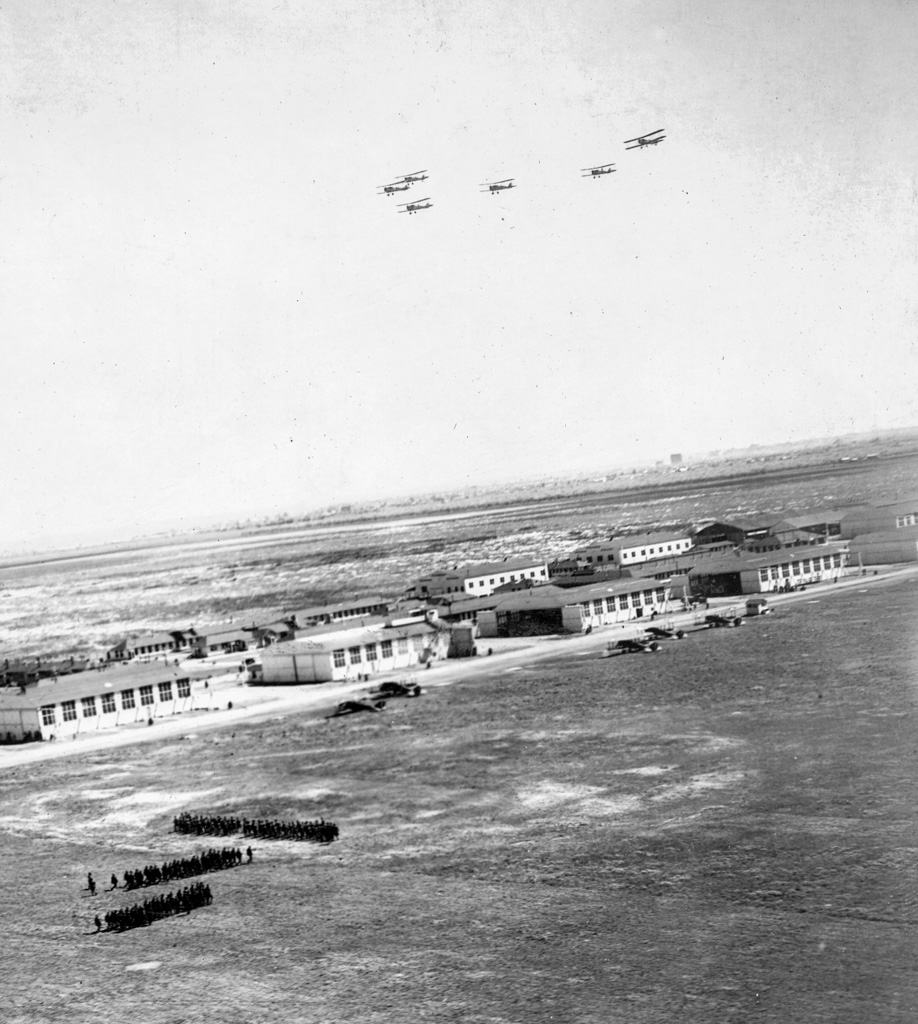
Kelly Field 1919:
Believe in General Mitchell, he says. I don’t want to believe in any man. Mitchell’s going to use us doughboys to prove he’s smart. He’s going to use us to prove that he’s a big time General. We do what he says, we do the work and take the risks, and he gets more power and gets famous. That’s the way it is.
We learn to keep the bombers flying, some other jerk flies them, we load the bombs, some other jerk drops them, if they’re lucky a ship gets a hole blown in it and sinks. General Mitchell gets more stars for proving that bombs dropped from the sky can sink ships. Who would doubt that? Bombs against metal blow holes. Oh well, if he gets his, maybe we get more of what we need. But I’m not going to believe in General Mitchell, Sarge can shove that.
Fall 1919:
“Berger you read or draw all the time – boring! Let’s go find trouble.”
“Where to?”
“Ah, I don’t know. I gotta do something, how can you just lay there reading?”
“I’m working on my writing … punctuation and spelling I mean.”
“Draw me a woman … I’ll take her out back.”
“Grant, you wouldn’t know what to do with a woman, even a paper one. Listen to this! It says here that an old guy who lived in Paris name of Henry Adams came up with a law way back in ‘04 … called it the ‘Law of Acceleration.’ Now listen, this is us! Says: ‘…he looked forward to a fantastic future in which the forces available to man would multiply until…’ Get this, Grant! ‘…the new American – the child of incalculable coal power, chemical power, electric power, and radiating energy, as well as of new forces yet to be determined – must be a sort of God compared with any former creature of nature.’”
“He said that way back then?”
“Yeah, and more. Listen to this! Adams wrote: ‘…every American who lived into the year 2000 would know how to control unlimited power. He would think in complexities unimaginable to an earlier mind. He would deal with problems altogether beyond the range of earlier society. To him the nineteenth century would stand on the same plane with the fourth – equally childlike – and he would only wonder how both of them, knowing so little, and so weak in force, should have done so much.”
“Ed, are you sure you know what that means?”
“Sure! It means we will have unbelievable power.”
“And live into the year 2000. Who you kidding?”
“Not us maybe, but if they have it, they will get it from us. We’re the ones that will develop it.”
“I can see his point … I mean whoever thought of airships, and us learning about them? Whoever thought of … gasoline? Wow, not my pop. Not even my teachers. We’re on the edge of what’s to be. We already are some kind of gods. You’re right Ed. We’re the ones to make it happen.”
“…compared with any former creature of nature.”
“Come on, Ed. Draw me a nude! Let me enjoy the fruits of this life before we go on to the next.”

Winter, 1920:
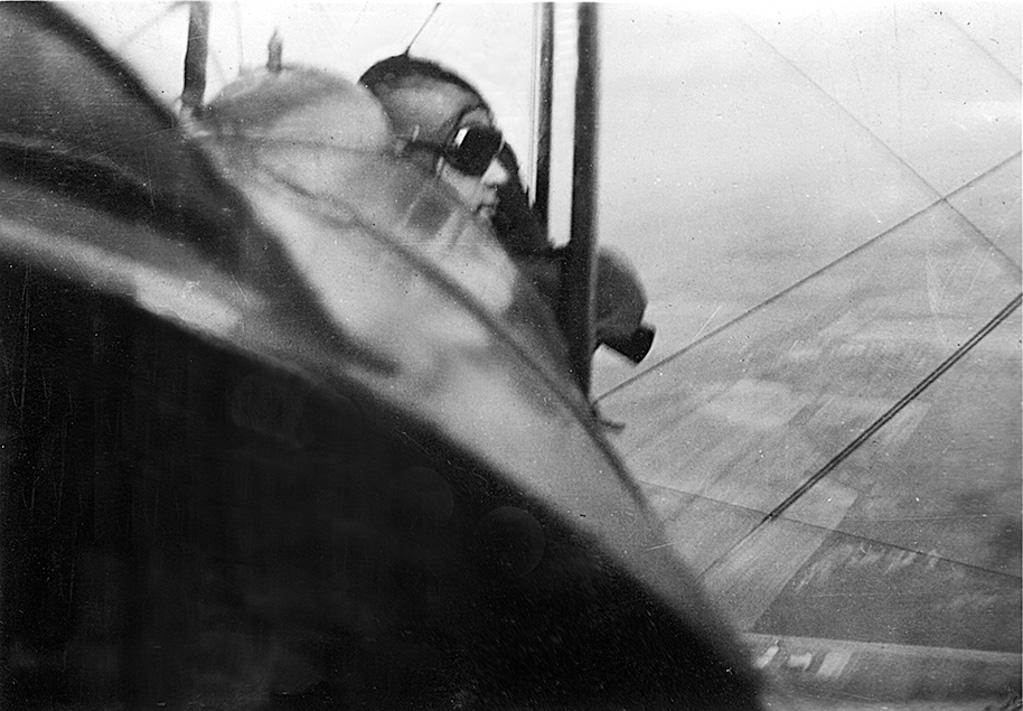
When I was 18 I never drove a car, saw an engine, touched an airship. I never left Chicago. Suddenly I’m here! I’ve ridden trains across the Midwest; across the expanses of Texas. Now I’m looking down from two thousand feet at the Rio Grande River! Me, a kid who thought I couldn’t make it! Now I’ve got a chance to do things people only read about in the Saturday Evening Post.
JN4 purrs along with fire showing out both exhausts. Leather cap and goggles, white scarf like a War Ace. Look at me! Listen to this tune!
The noise hits from both sides of the cockpit … the heat and smoke … lost in the stream. I think I can see the prop, it’s catching the sun … cutting sunlight into pieces.
Tapping me … wants to tell me something. I can barely see him, damn goggles block my vision when I turn. Pointing down … making a spiral with his pointed finger. We’re going to go down for a closer look. Read his lips.
Stomach … oui. Falling on the wing. Ground’s coming up fast. The wind’s making the rigging wires hum. Stalling!
Quiet now, just the singing wires and the snap-pop of the fabric on my side of the fuselage. Cool air, smell … the engine’s heat. The prop turns lazy; not pulling. Stops! Speck better know what he’s doing!
“Can you start it again?”
I don’t have to yell, it’s so quiet he can hear.
“Carb’s icing. It’ll cough and hardly pull. Don’t worry, Jenny would rather fly.”
“Me too!”
Pum..ppt..tt … Pumptt … Pumptt-pumpt-pumpt-bang! Black smoke! Puttrr.. rr..prurr … roar.
Thank God! Oh my stomach!
Tapping again. Motioning. We gotta head back.
“You’re a good pilot Lieutenant Speck.”
“You mean I’m on the Sergeant’s list. How’d you know that Berger?
“Sergeant gave us a lecture … and a list. Asked us to rate the potential pilots.”
“How about it, was I safe? Did I bring you back in one piece?”
“Safe! But… Why aren’t some of the pilots on Sarge’s list?”
“Luck. Lady luck! It all adds up. Your rating helps. My day’s coming. I know the risks. Nobody flies and doesn’t pay … they say the SE5s won’t forgive a man. That’s why I keep training.”
“What did you do to get on Sarge’s list?”
“It’s what I didn’t do. I didn’t pick a point six feet under the ground and fly to it. A lot of guys are doing that, almost one air jockey every month. More than half of my flight … most of the guys that went to France.”
“Captain Kindly told us we had shit in our blood if we were afraid to fly with him. Now he’s dead.”
“Was he on the list?”
“First name.”
“Kindly, the American Ace! I wondered when his luck would give out. Who would have guessed he would buy it here at Kelly after all he’s been through?”
“Sarge said Feb 3, 1920 was a day every Ace would X-out on his calendar. What caused it?”
“Who could tell after the fire.”
“Thanks Lieutenant. I felt safe flying with you.”
“No shit in your blood, Berger. Hope you can fly too, real soon.”
No shit in my blood, he says. He should know. I was scared as hell. At least I didn’t let him see how scared I was. I can hide my feelings, look calm on the outside … that’s what people see. They can’t tell about you if you don’t betray yourself. It’s only a matter of time, though, until I slip up. I can pretend. I’m good at that, like when Mama died.
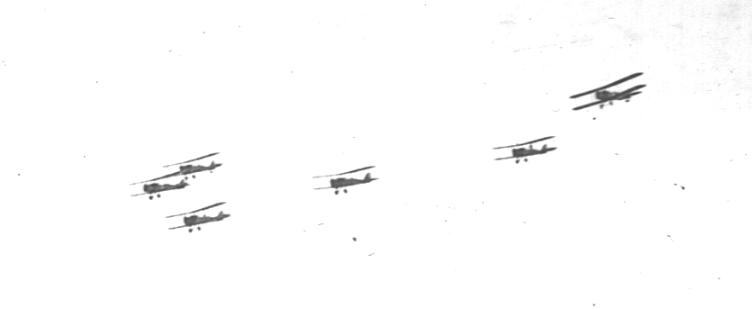
Late Winter, 1920:
Kelly Field
“Where’s Berger?”
“Shit, I don’t know.”
“He took off again, didn’t he?”
“What’s it to you? He went to the latrine.”
“Again today? He ain’t coming down here to work with us, is he?”
“Naw, he’s smart. Says he didn’t join the Air Service to be a pick and hoe man for the railroad.”
“Can he do that?”
“He’s doing it ain’t he?”
“What if he gets caught?”
“Court Martial. He’s a dead Ed.”
“Corporal, where did you go when you left the work detail?”
“Hid out in the mess, Sir.”
“Do you realize that you disobeyed a direct order?”
“Yes Sir!”
“And you knew the penalty?”
“Now I do, Sir.”
“You put your whole career at risk? Sergeant Ambler says you have potential.”
“Yes Sir.”
“May I ask why?”
“Sir, I joined the Air Service to fly – learn about planes, be part of something important. I didn’t join to be a pick and shovel man for the railroad.”
“Ahem. No I don’t suppose you did. All right son. Take this as a warning. Follow orders! Now get out of here and … report to the sheds. I’ll assign you to engines.”
“I almost cracked-up! That kids got spunk. Did I put the fear of God into him?”
“You did, Colonel. He’s a good kid … reads and writes well. Wants to be an artist. Draws real nice.”
“You should give him an extra detail … punishment. The others will expect it. Can’t let them think he got away with something.”
“I’ve got a project in mind, Sir.”
“And?”
“I’ll have him re-paint the company insignia. A big one for the front of HQ. Everyone on the field will know he didn’t get away with disobeying orders.”
My summary Court Martial was a hoax. I thought they had me; thought they found me out. Not yet, they didn’t have a clue. I ditched work and got away with it. They think they’re so smart! I didn’t do the railroad’s shit, and I had a good time and got to know the cook. Everyone needs to be friends with the cook. I can take care of myself … bluffed them! They didn’t know I was scared as hell. That was too close, I’ve got to be more careful. Captain says they have to punish me. Probably make me lay track or shovel gravel by myself.
Cool in here. Punishment? They should know! Paint’s too thick, at least they took the sign down off the roof and brought it in here out of the sun. Never saw the globe with Europe centered. Bing! Great Britain’s right in the middle. The red area, that’s Germany. France, Spain. The boot, that’s Italy. Gad, Russia’s big!
The shoulders of the sun are … yeah, the Flag. The hand holding the bomb … must be the sun’s … yeah, sun has a face. Pennants come together at the bottom. Why the iron crosses? Each is dated 1914. Big triangle … over that … careful to follow the arc … 166th Day Bombardment Squadron. When I’m through here I can paint it on my trunk … got paint left over.
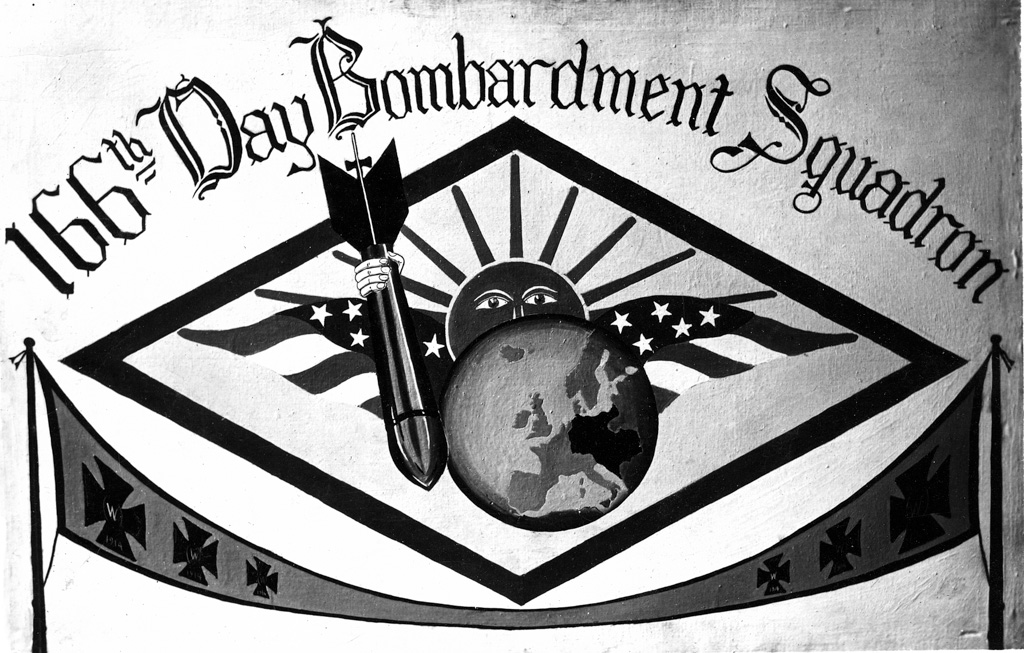
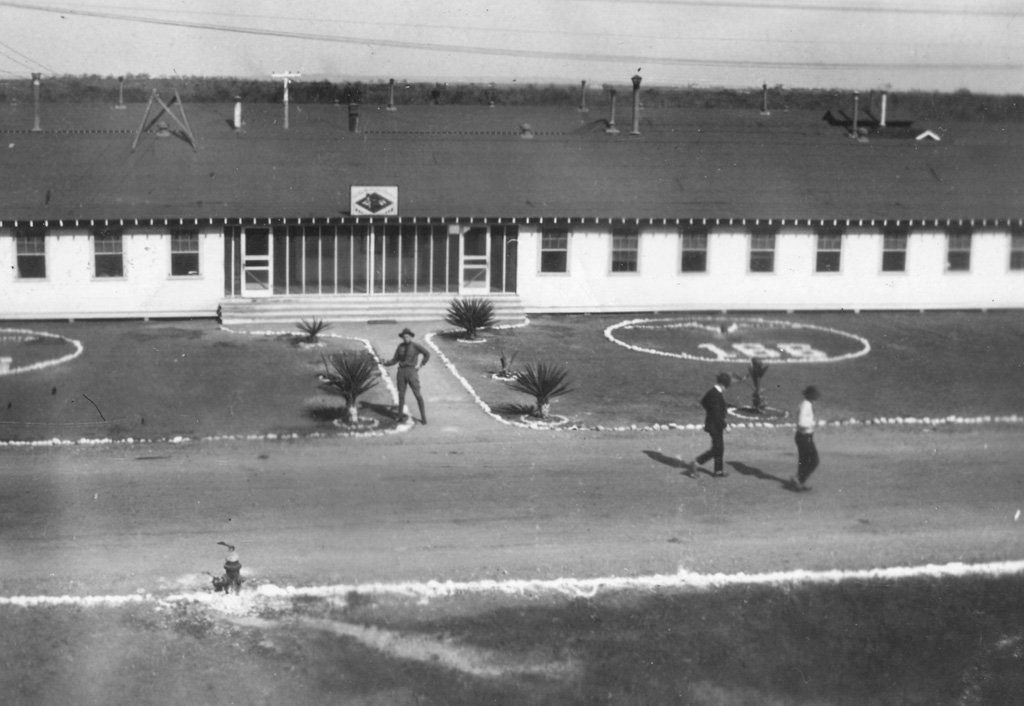
“What’s up?”
“Big doings … we get to go to San Antonio. They’re flying a DH 4 light bomber down … maybe a JN-6. We’ve got to truck some engines and these signs.”
“What for?”
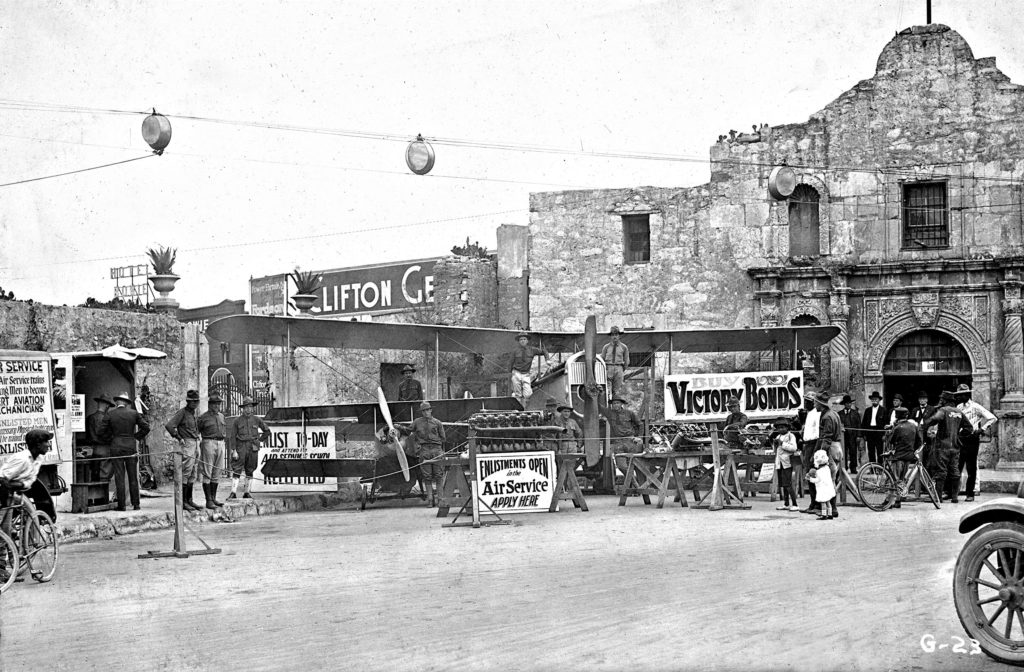
“Big Air Service Day at the Alamo. They’re trying to recruit more aviation mechanics. We’re to show off the engines.”
“Baab. Berger. Garner. Kulka. Morgan. Schantold. Shley. Grant. Fall out and form up on Sergeant Zieman. The rest of you men: Dismissed!”
“At ease, men! A-Flight is going to truck engines and signs to San Antonio. Engines going are tagged. Make sure you load the correct stands. Signs is to be loaded vertical .. lay ‘em flat and you die! Berger, you’re in charge of loading the trucks. Morgan, see me. We’ll post a gear list. Baab? Do you think you can quit farting around long enough to help? We’re to set-up right in front of the Alamo. Men, look sharp! People will be looking us over … we’re there to recruit mechanics. Let me know if you talk to some kid who shows promise. That’s it. We leave at 0500. Get a good rest, you’ll also get some leave time.”
Early Spring, 1920:
Kelly field
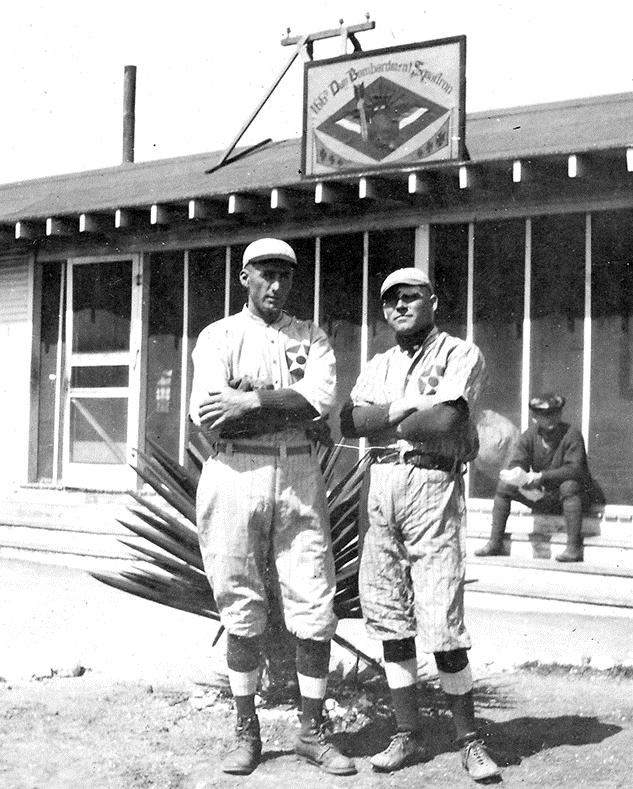
“Know what happens in spring?”
“Is this a contest Mack Grant or are you focused on sex again?”
“Naw, Berger, baseball happens in spring.”
“That, I know something about. We used to live near the Cubs Stadium. My friend Sam Lock and I used to sneak in and watch the games.”
“Ever hear of the Giants?”
“New York.”
“Ever hear of John McGraw?”
“Sure, so what?”
“Giants arrived in San Antonio last month. Big news is that they’re coming here to play Kelly Field.”
“Our team? Why? We’re not in their league.”
“Practice. They play here until it’s warm enough for them to go back East again.”
“We got a chance?”
“Joe Connely can take McGraw any day, I’d lay money on it. Besides, there’s a trophy, a big silver cup. We beat them two out of three or five out of seven … I’m not sure which, and it’s ours. They’re looking for bat boys, think we could do it?”
“Train will be here anytime. Let the railroad men separate the cars, then get the ramps in place fast. Schantold, Shley, Grant. You figure out the turnbuckles and chains. Untie the wings and tail sections first so’s the guys can get them off the flatcar and out of the way. Then untie the fuselages. Before you remove the chocks, make sure the crew is ready to hold the plane from rolling. Then, with ropes secured to each axle, let ‘em slowly down the ramps.”
“How many Sarge?”
“Last count nine, maybe ten. Expect as many as twelve.”
“All the way from Germany?”
“Every one of them Fokkers!”
“If they’re D VII’s, they were the best German fighters of the war.”
“They are. And it’s our job to off-load and then re-assemble. Not one scratch! These babies are supposed to be new!”
“Damn, Ed, I’ve never seen planes painted that way.”
“It’s called a Lozenge Pattern – like a series of flat diamond-shaped figures.”
“Camouflage?”
“I think so. Look, the underwings are sky-blue, kinda pale blue, actually. The nose is blue-grey. The diamonds are dark blue, purple, brown, yellow, light blue, green and red. How would you like to paint ten of these?”
“I wonder why the rudder’s white?”
“Like a deer’s tail!”
“Yeah, maybe that’s it.”
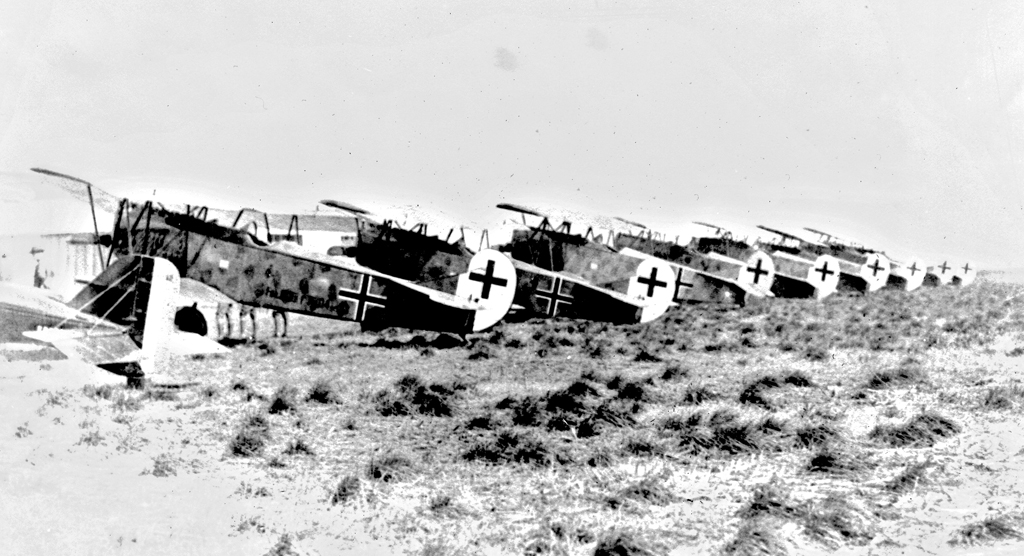
It’s strange to sit here and look at planes built over in Europe, not too far from where Mom and Dad grew up. Great planes, better than some of ours. How could they build planes so good, and wage war, and still be so screwed-up.
Summer:
“Berger, I need a #12 copper wire, 300 feet of it.”
“I’ll have to go across to Supply, I know they have it.”
“While you’re there, get a sash weight.”
“A … what Lieutenant?”
“Dammit, ain’t you ever seen the weights they put in windows to help you open them?”
“One of those things that look like a sausage?”
“Bring one, not too big, I’d guess five pounds, no more.”
“Lieutenant, can I ask what for?”
“Sure, the answer is radio. Now do you know any more than I do?”
“No Lieutenant. Radio? Like Marconi?”
“No, a sash weight like a sausage! Macaroni ain’t heavy enough.”
Radio. Marconi. I read about the talking boxes. Radio, electromagnetic waves carrying messages without wires … through the air! So that’s what they needed all those batteries for. We’re to have radio. But why the wire and weight?
“Bring that wire in here Corporal! That weight’s perfect. Think you can rig it to the rear skid of the radio airship? It’ll have to drag along … dangerous, especially to other ships or if it catches on something.”
“The De Havilland, Sir?”
“Rear skid. Then help me rig this shielded wire from the cockpit. It’s gotta be tight … can’t have it flapping or wearing a hole in the fabric.”
“Lieutenant, I can rig it inside the plane. Put in on a reel so the observer can let it out and reel it back through the skid support’s hole.”
“That’s even better. There won’t be room for an observer … fix it so that the pilot can reel it in and out. What’s your name Corporal?
“Berger, Sir.”
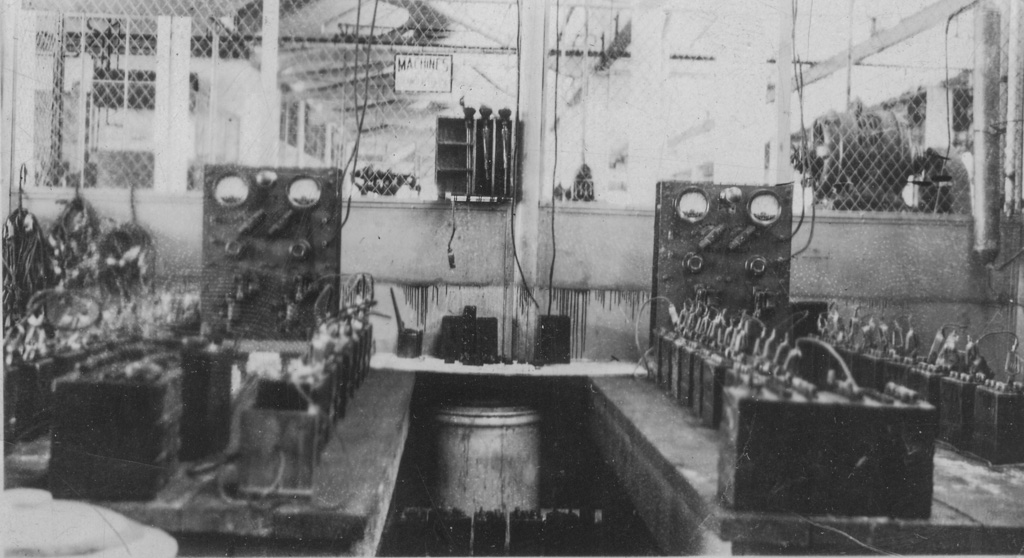
“See all that wire? Pilot needs that to send messages. Look in here. Ever see so much stuff jammed into an airship? Two hundred fifty pounds of radio.”
“Those glass things, are they light bulbs?”
“Tubes! Vacuum tubes. They … vibrate … inside. Very complicated, but the result is the human voice can be transmitted through the air. That big black thing with the heavy wires. That’s a lead acid battery. See the bomb-with-a-prop gismo under the wing? That’s a generator to charge the battery. Latest stuff. Real nice. Want to see the power room for the set that stays on the ground?”
“Can I get my camera?”
“Get it and come back on the double. I’ll show you modern technology at its finest.”
The long workbenches are covered with acid batteries … there must be two rows of ten … no, maybe twelve batteries, all wired together. At the head of each bench there’s some kind of switch panel. Each panel has two round gauges. From there the wires go up, through the roof to the hut.
“The radio upstairs?
“Yes. This is the battery room. I can’t let you upstairs, but make certain you’re standing right outside here at thirteen hundred hours. You will hear a voice from the sky!”
A voice from the sky, he says. All of those tubes and wires change a man’s voice into electricity or something invisible and send it through the air to another bunch of wires and tubes. It’s really strange. I wish I knew more about it. I could learn … no, don’t start that bullshit. Just stick with what you do know and can do. You don’t need any more people telling you that you can’t make it.
“Can you hear me? Can you hear me? Can you hear me?”
Static.
“Wave the flag if you can hear me!”
“Wave it at him, Lieutenant. From now on pilots will be able to report what they see to ground commanders. Won’t have to use Morse anymore. Gentlemen, we have just witnessed one of the most significant events in the history of aviation. Imagine, just imagine! Things will never be the same again!”
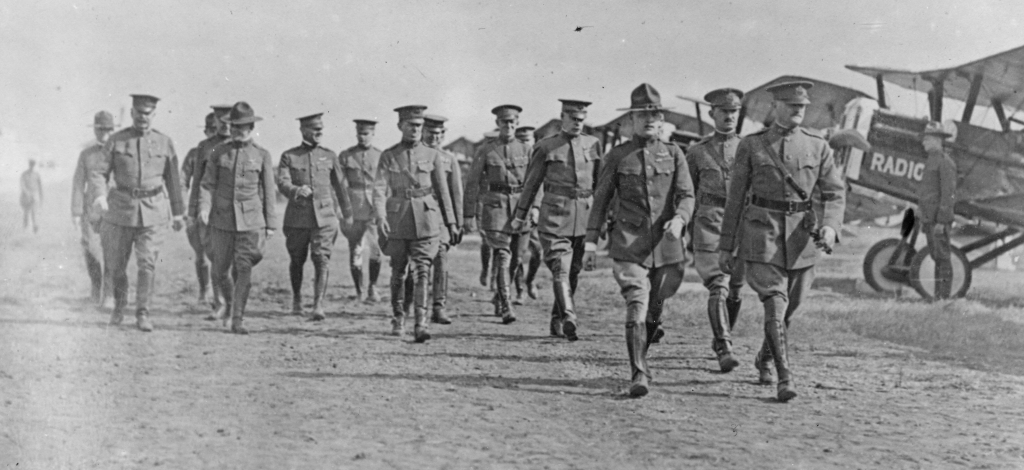
I know I just witnessed something important. I’ve got to look for more stuff to read about radio. I should be learning about it. It’s like a door into the future. I’ll find stuff to read.
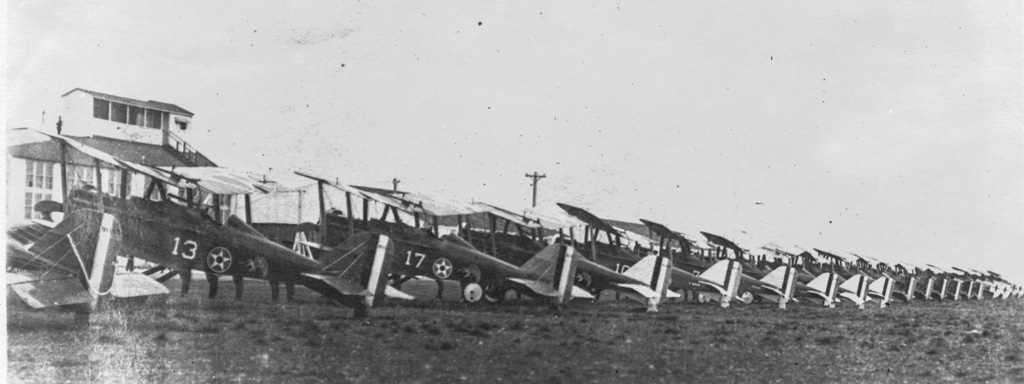
September 1, 1920:
“It’s a pursuit drill. Come on, Sarge said we could go watch.”
“Look, there’s Speck’s new S.E.5a. Damn he’s fast. 200 horse power Hispano-Suza engine, I think. Replaced the V8 Wolseley Viper Power. We got them from the Royal Aircraft Factory.”
“What kind of a drill is this? They look like they’re playing follow-the-leader?”
“They’re in two’s, the one behind is supposed to be after the one in front.”
“Don’t they dogfight?”
“No, too dangerous. Today they just play chase.”
“The first group’s guys are coming in.”
“Speck’s group is circling, waiting to land … wait, something’s fishy … Speck is showing off!”
“Coming in early … too fast. My God, his controls must be stuck! He’s going to hit!”
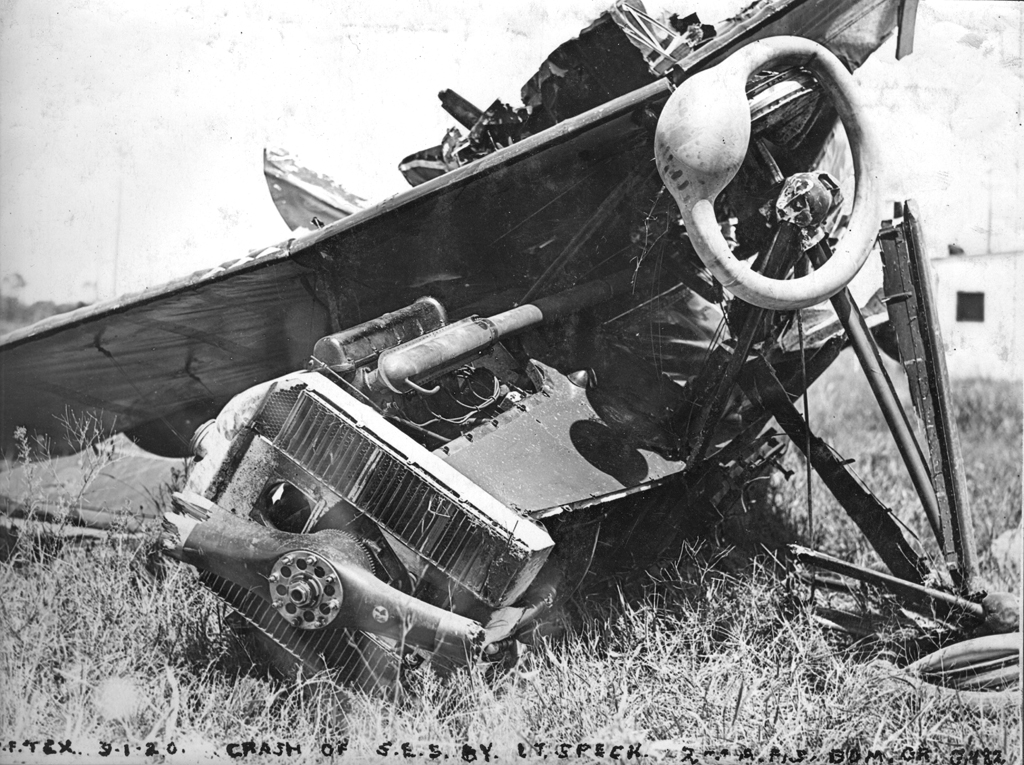
My friend! Dust like a cloud around what’s left of the plane. Can’t run any faster, what a mess. Speck liked it when I flew with him. He saw something in me … liked me. He was friendly, even though I’m just a corporal. He’s dead or hurt real bad. I never thanked him … an inner tube‘s hanging from what used to be a wing. That S.E.5a won’t ever fly again … Lieutenant, you told me it was only a matter of time … I never thought it could happen to you. Gotta pull him out before it burns! What’s this?
“Look Berger, he’s out and running!”
“No way! Nobody could survive that wreck!”
“He did! It’s him!”
“Speck, over here! You okay?”
“Jeezus Christ that was awful! I … I’m alive? Nothing missing, no pain yet … no blood! Jeezus! Controls just froze.”
“Speck, you’re okay! You don’t have any blood on you! You look a little dusty, but other than that, you’re okay!”
“Jeeze, look at what’s left of the S.E.5a! How did I get out of that alive?”
“You picked a spot six feet above ground, like you always said, I guess. Speck, I’m glad I didn’t lose a friend today!”
“You got other friends, Berger. I only got one life!”
Speck almost getting killed makes me wonder. Is there someone who watches over me? Did he have someone watching over him in that wreck … someone who didn’t want him to die and protected him? From the looks of the wreck there is no way he could have gotten out alive. The cockpit is smashed in. The wing broke off and pushed right through where Speck must have been … had to have been. We didn’t see him get thrown clear. Something else had to have happened. It wasn’t his time to die. I wonder if my time to die is close? What would I do if I knew?
October 1920:
“Ed, you recommended for Sergeant?”
“If I pass the tests.”
“What has a 90 horse power Curtiss OX-5?
“That’s easy, a JN4-2. Try this! What’s the wingspan of a JN4?
“Damn, I know it’s over forty feet.”
“43′ 7 . Length?”
“That I know. 27′ 4”.”
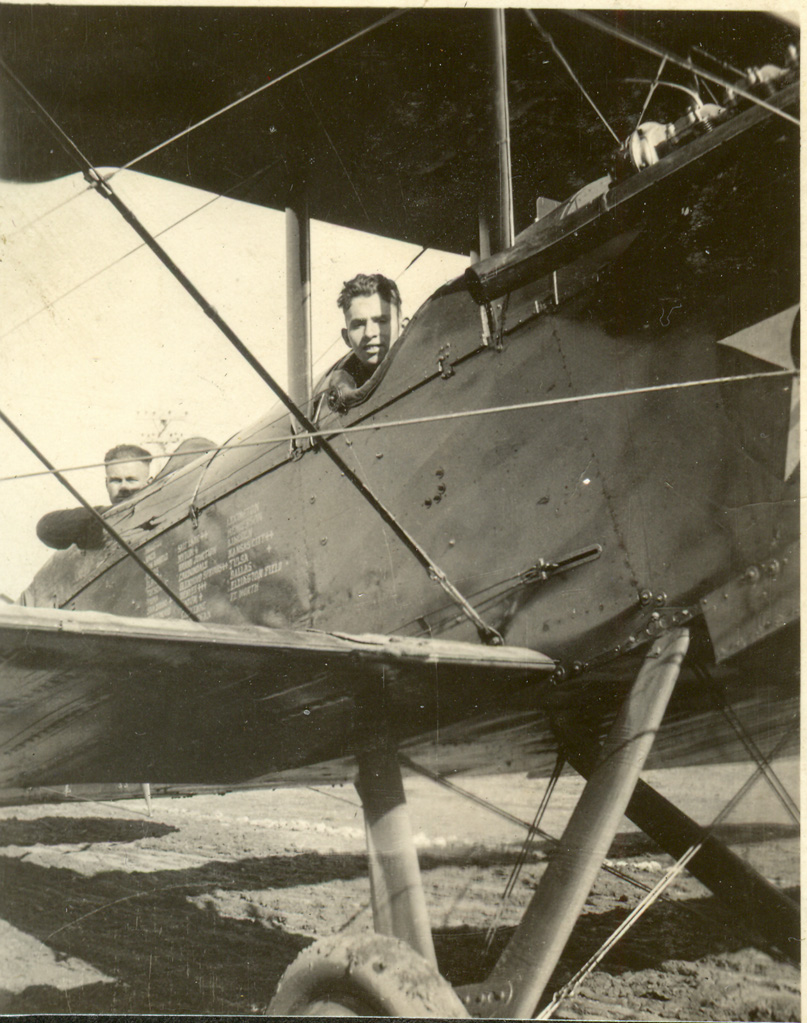
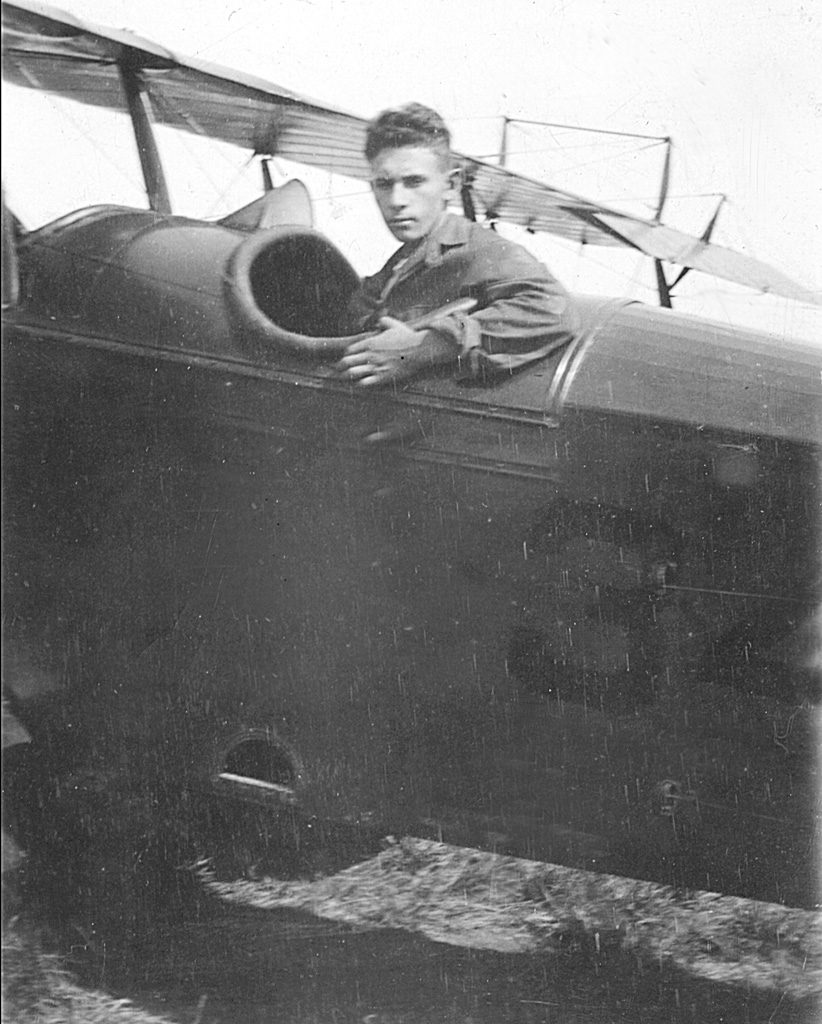
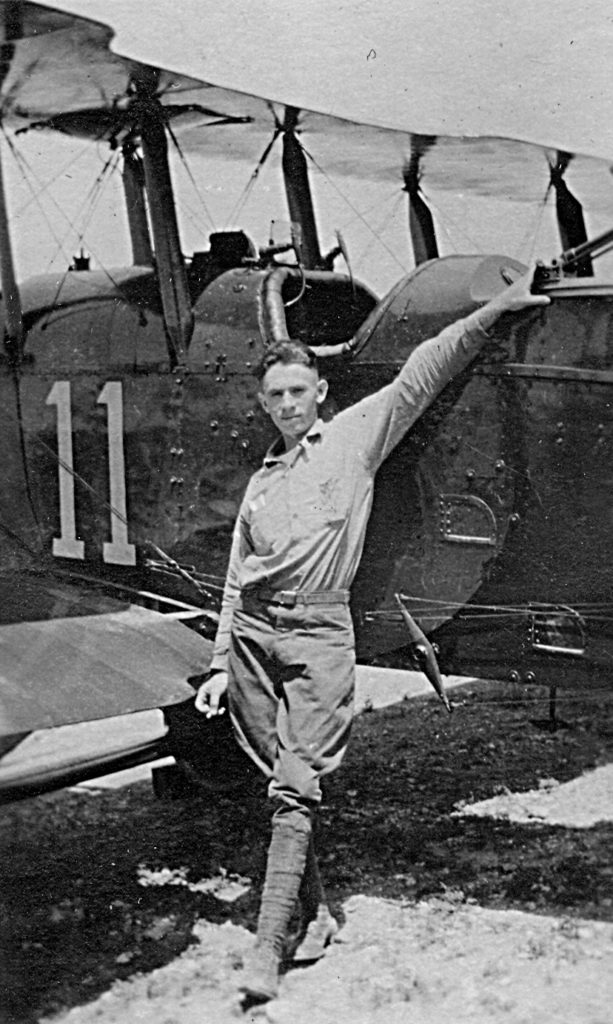
“Good. I think they’ll ask a lot of questions about the Libertys. How many horse power?”
“400. Cylinders?”
“12. Configuration?”
“Big V.”
“What’s another name for a DH9A?”
“Oh, geeze. Nin … Ninak! That’s it isn’t it?”
“You got it. Who made it?”
“American Aircraft Company, under license from England.”
“Bomb load?”
“450 pounds! Now let me ask a few! How fast is a DH9A?”
“114 miles per … stays in the air up to 5 hours. 16,500 top altitude.”
“You’ve been studying. What’s an NBS-1?”
“Never heard that.”
“Night Bomber Short Range … it’s a Martin MB-1, I think.”
“I’ve got one! What airship has a 200 HP pusher made by Isotta-Franchini?”
“You’ve gotta be kidding. All I can guess is that it’s Italian. Caproni CA … I think
CA 4 or 5. 1,500 pounds of bombs! 300 horsepower Fiat. 95 miles per.”
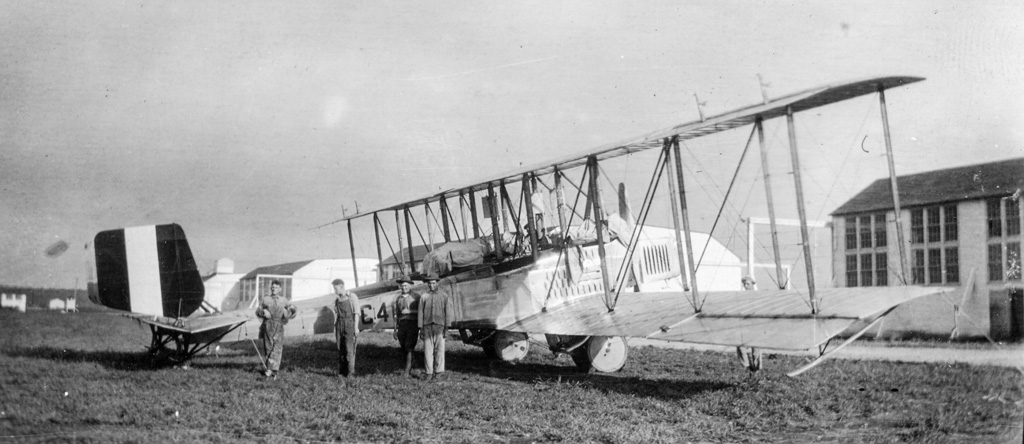
“Wow, were did you learn about that one?”
“One’s coming here. I saw the paperwork on Sarge’s desk.”
“Think you can assemble a Liberty Engine, Baab?”
“Yeah, blindfolded now. Can you?”
“I’m ready!”
“How big’s a DH9A?”
“45′ 11 , 30′ 3″ long.”
“How much bigger than a DH4B?”
“Let’s see, not much! A 4Bs 42′ 4 1/2″. 30′ 6″ long.”
“We’re going to be Sergeants, Ed … we keep studying together like this!”
“I got one more for you. Describe a Handley Page 0/400 Bomber.”
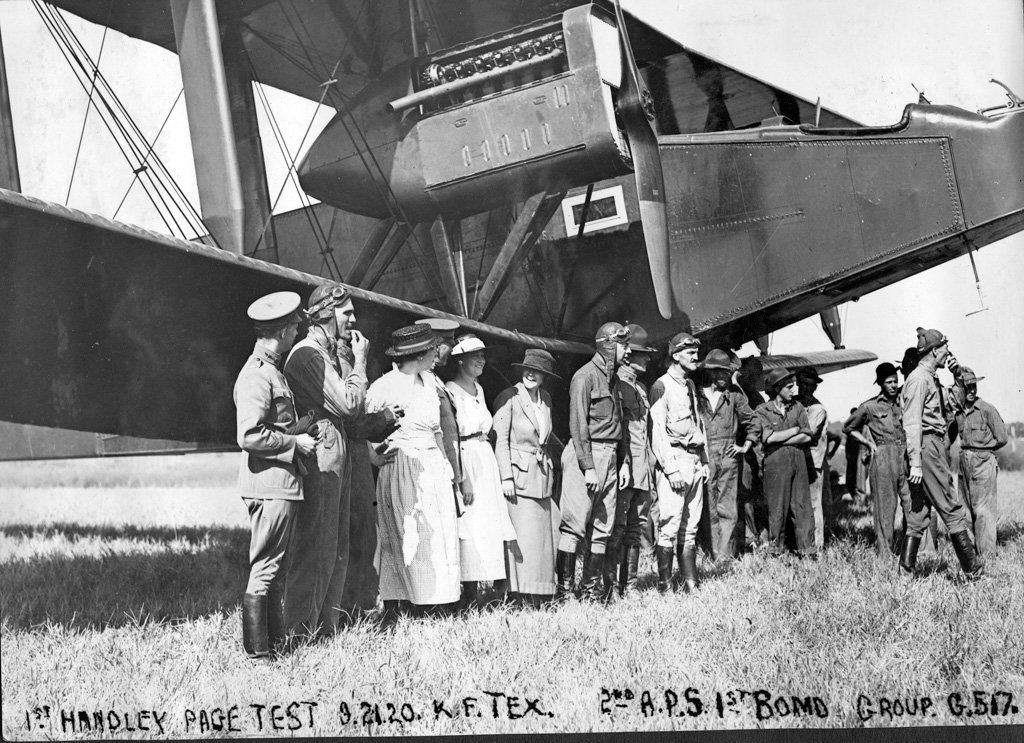
“Easy, I lived with that thing, remember? Built in US under license, Standard Aircraft Company. Liberty engines. 1800 pounds of bombs. Flies up to 97 miles per hour. Tested-out as a dog! Martin’s got it beat a mile!”
“How many Vickers guns?”
“I don’t know.”
“Me either!”
“Wait, we may be forgetting something! Give me our Chain of Command!”
“Pershing, Mitchell, Colonel Spots, the Majors and Captains, Lieutenant Barnes, Sergeant Zieman, you and me and about a dozen others.”
“Not bad!”
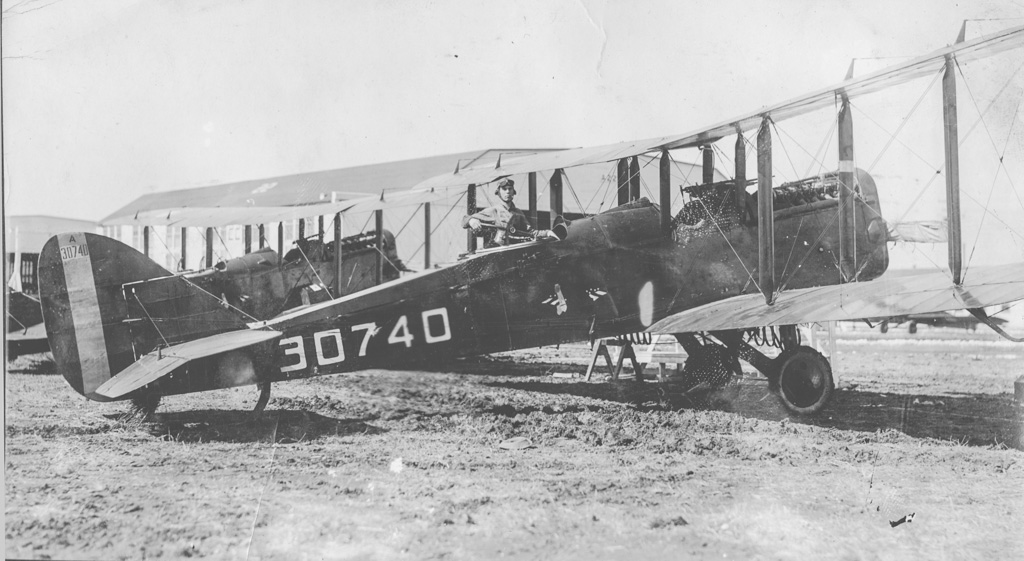
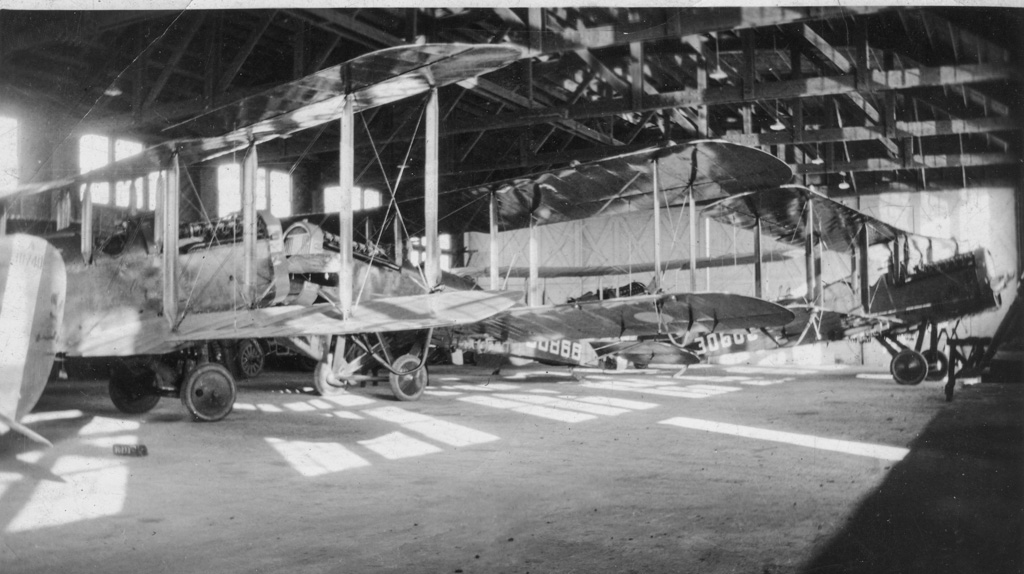
December 13, 1920:
Funny! Suddenly I’m part of something big … part of history! Thought things would be over with the War. Mitchell’s got both Bombardment Squadrons practicing every day they can fly. New cadets coming in from California to study the new bomb sight. Too many wrecks … guys getting blown into vapor! Can’t believe so many die! Craters, all I got in my photos. Nothing else left. Marseck, Kindly. Barnes may die.
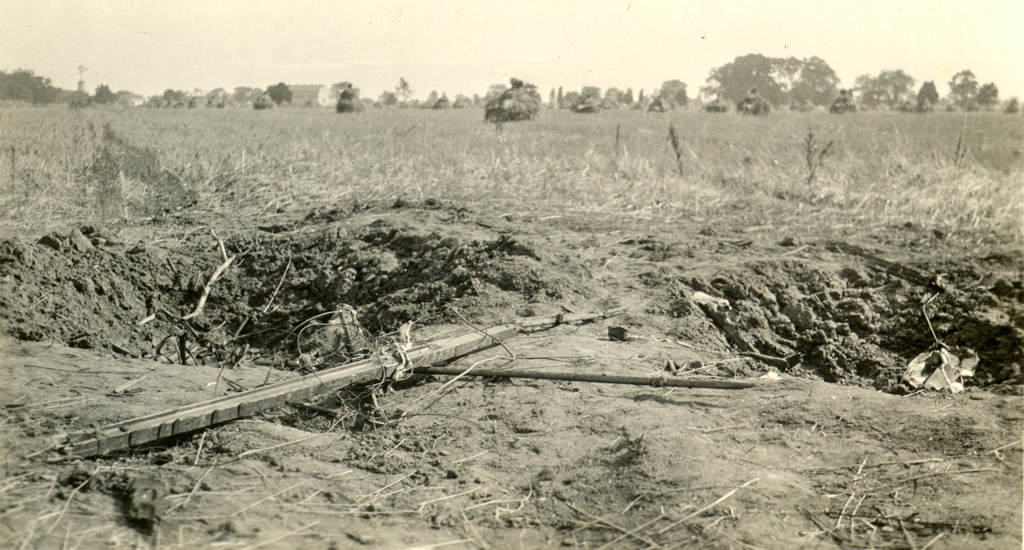
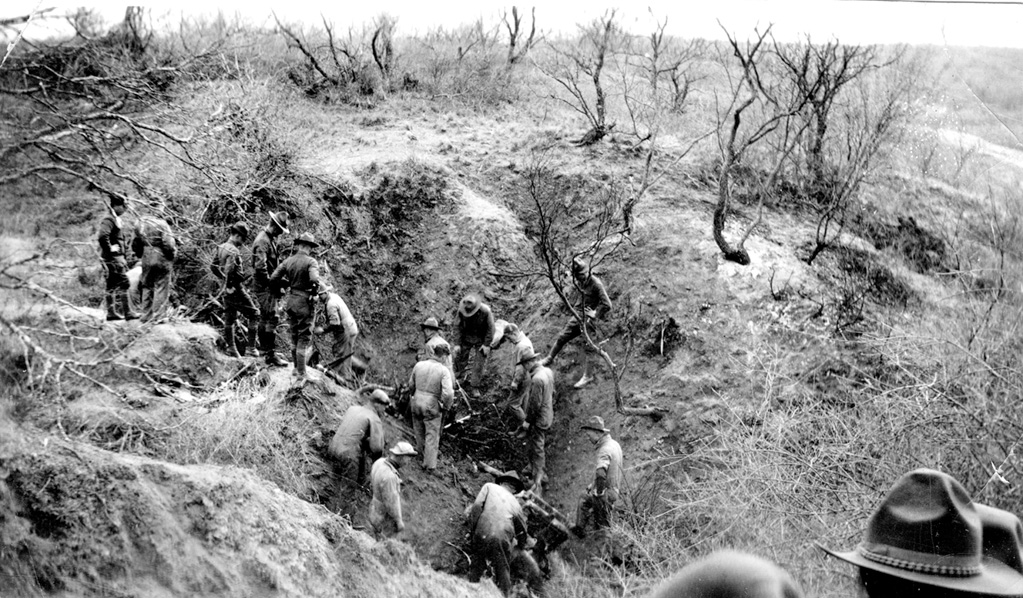
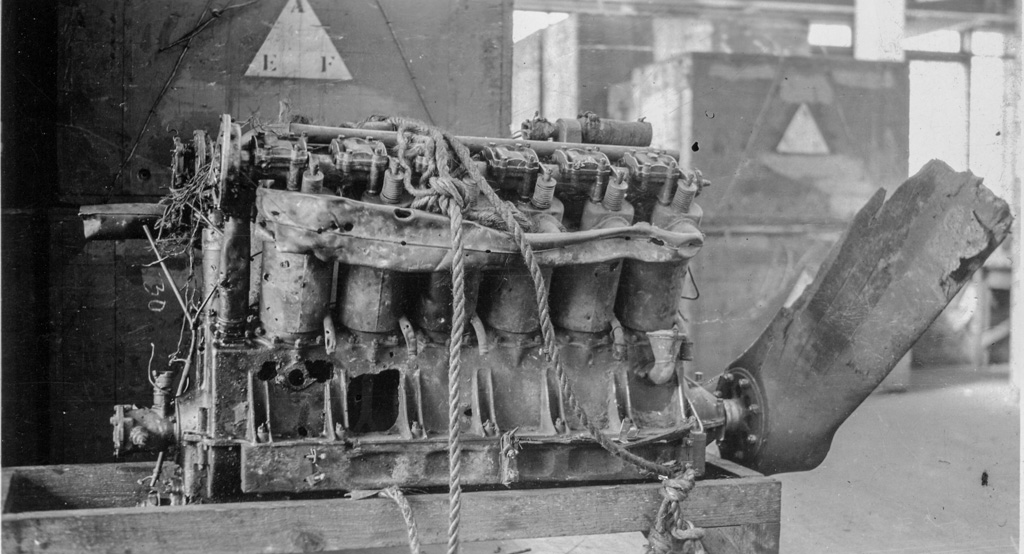
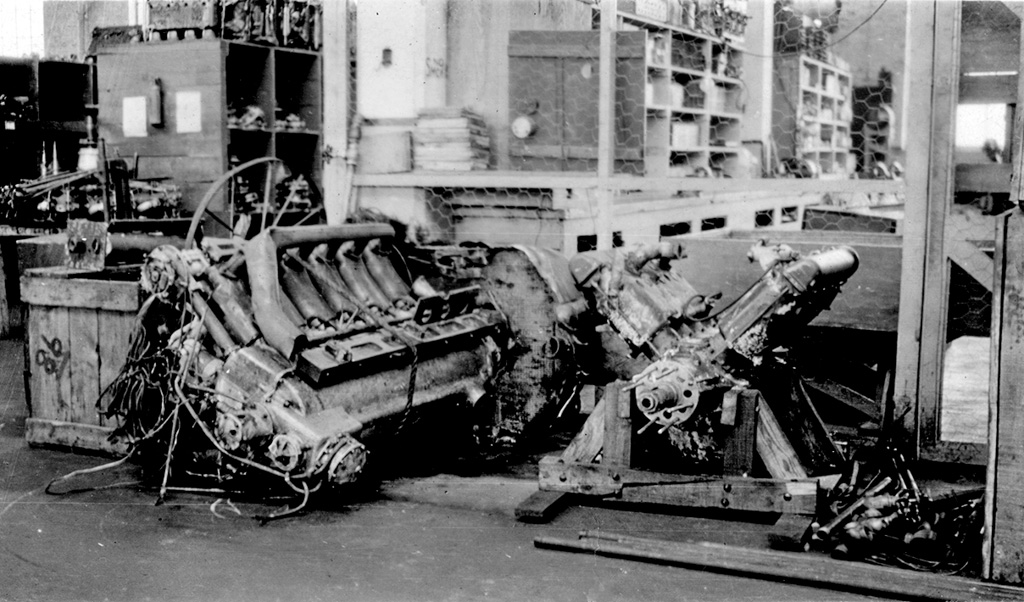
Rumor might be true that Pershing is here to give his approval for our next assignment. Speck says Hampton Rhodes maybe. This spring! Says they’re bringing over a German Battleship, the Ostfriesland. Our guys are going to sink it! Hard to believe. If I make Sergeant, maybe I’ll be part of the mechanics team. Got to try.
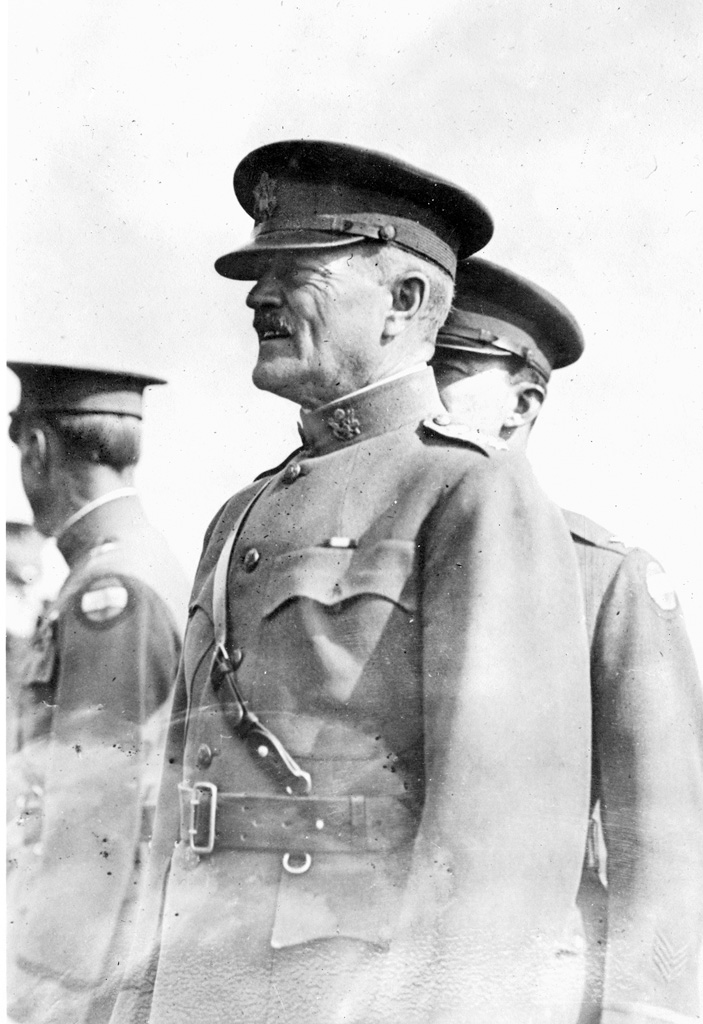

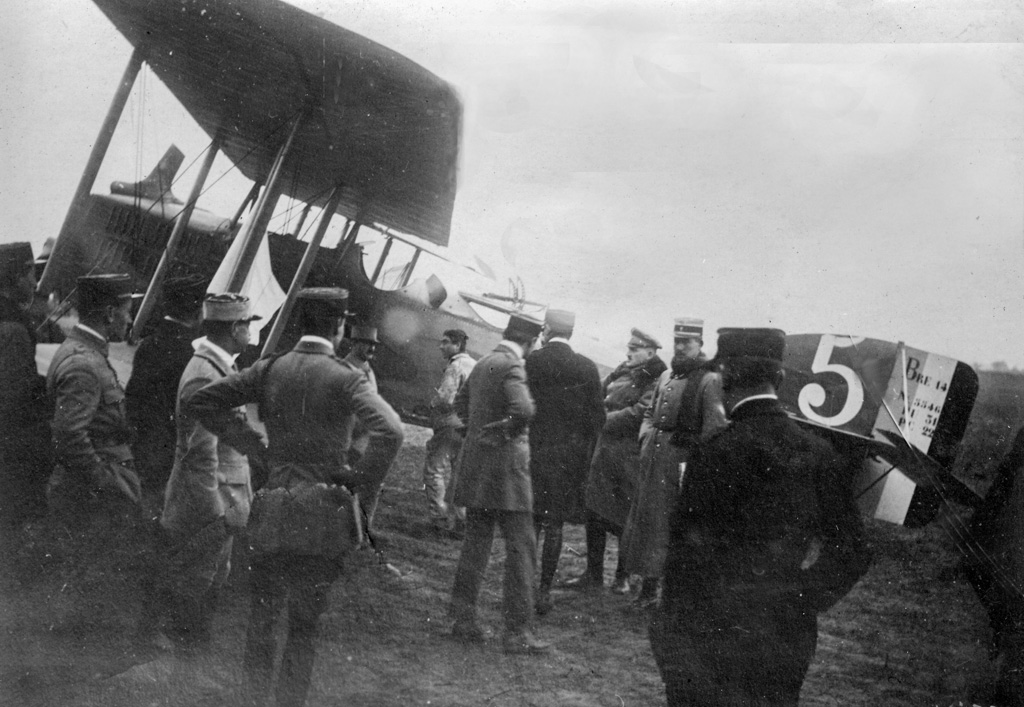
Everything we have is in the air today. General Pershing met French General Neville like they were long lost buddies. Maybe they are. More women here on the field than planes. Pershing attracts them, they can’t get enough of him! What’s funny are his spurs! Head of the Army Air Service and he wears spurs! I wonder if he’s ever flown? Mitchell isn’t here. They say he was too old to get into flight school so he took private lessons from one of the Wright brothers. He’s a pilot. His father was a senator … like most of the Air Cadets here, they don’t come from the rabble like us.
Afternoon entertainment’s polo. Bomber groups compete. Not my kind of sport. Captain says horses kill more men than planes. The formations fly over and then reform and come over again. I’ve never seen so many ships in the air. The bombing runs scored sixty out of one hundred … doesn’t seem so good to me. The groups are supposed to get MB 2’s soon. Maybe in Virginia.
Late winter, 1921
“Sergeant Berger?”
“Yes, Sir.”
“At ease Sergeant!”
“Understand you’re an artist.”
“I would like to be, Colonel.”
“Can you do some sketches of Martin Bombers … MB 2’s for me?”
“Yes Sir, I’ve had a lot of practice drawing airships.”
“What I want, Berger, are some really fine sketches – color – for a gift to General Mitchell.”
“From what perspective, Sir?”
“What I want is not for others to know or see. Do you understand?”
“I think so…”
“Good. In flight, over water. Three airships making bombing runs on a German battleship.”
“I can do some sketches first, Sir. Can you get me a photo or something of the Ostfriesland?”
“How the hell did you know about that?”
“Rumor mill, Sir.”
“Damn! Sure I can. Think you can show her taking a direct hit?”
“Right down her stacks, Sir! … if that’s what you want.”
“We can’t be that optimistic. Show a hit on the bridge.”
“Yes Sir, when Sir?”
“I must have them ready before May. Actual event will be in late June or July. Five pictures?”
“Four or five weeks … if I don’t pull extra duty.”
“Four weeks, you’re assigned to me … morning or afternoons?
“Mornings, Sir. I work best in the morning.”
“Berger, I’ll see you get official photos in exchange. I’d pay you but I can’t have you doing something like this on Army time with Army materials and pay to boot. But, since you’re an artist, and since you’re always taking photos, I’ll get you photos that you can show your grandchildren!”
Of all the men here, Spots came after me. Who says art doesn’t pay. If he likes my work, who knows, maybe it will lead somewhere. Some guys … guys like Plumb, want to be in every picture. Me, I want to draw every picture, I don’t care if I’m ever in one. I’m not good looking like Plumb, if I were, maybe I would want pictures taken of me.
Plumb uses people, but in a nice way. People don’t mind being used if you do it right. He’s always asking someone for something, and people seem glad to help him. I don’t know what he gives back. He likes me … I think, because I painted the number eight on his car for him. What the hell, it was nothing … besides I had some paint left over from the sign. He ignores me, but keeps me on the hook because he thinks he may need me again for something. I should be angry, I’m not. I’m sorta amused.
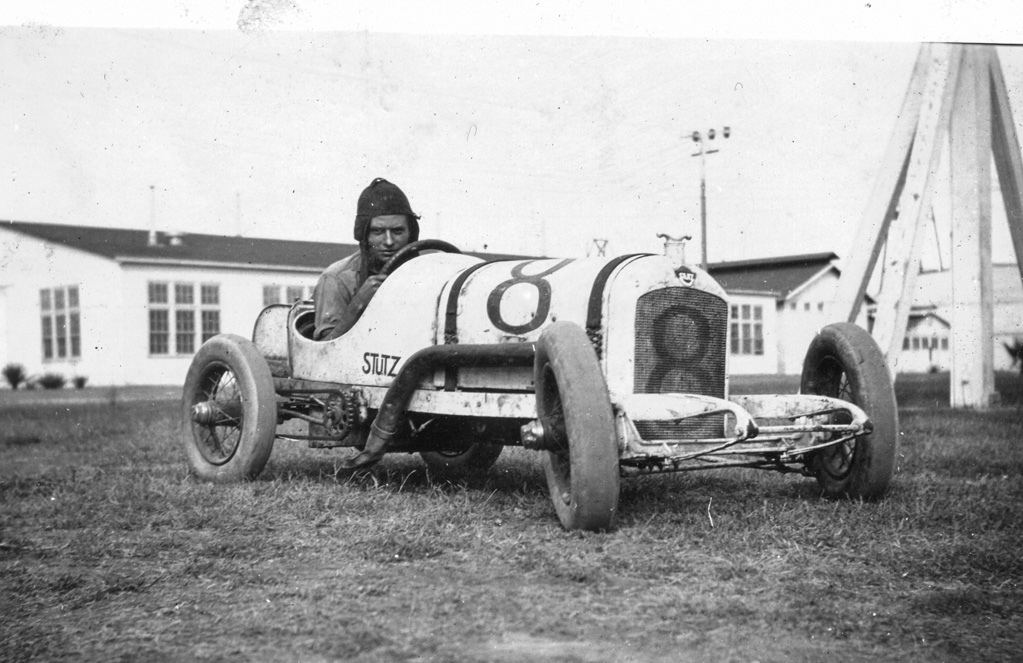
“Ed, Plumb wants to see us.”
“What about … more repairs on his racing car?”
“Some trouble with the magneto I think. Wants parts.”
“He’s crazy! Do you believe him … I mean all the stories he tells?”
“I might. You know the car is what he says it is. Let’s go see what he needs this time!”
“Eyes of Texas, we don’t have to go anywhere – here he comes! Would you look at that thing? It’s smaller than a Liberty motor’s crate!”
“Lieutenant Jimmy Plumb at your service boys.”
“What’s a STUTZ?”
“The fastest racing car in Texas! Like it?”
“Number 8?”
“That’s me. Ed here painted the number. Like it? I’d offer you guys rides, but as you can see there’s no room for an observer.”
“How fast?”
“Can’t tell for certain. Seventy, maybe better.”
“Does the chain ever break?”
“Once. Sure was glad I had my elbows tucked in!”
“Lieutenant Sir, which would you rather drive, this or a S.E.5a?”
“If I don’t get this miss out of the magneto, your question will be mute. If I do, my answer is both! Got parts Sergeants?”
“Maybe, let’s go look. By the way Lieutenant, did you get an O.K. from the powers that be to use Army parts?”
“An O.K.? They want me to win the race next Saturday, don’t they? They want me to win for good old Kelly Field, don’t they? Sure they know I use parts from everywhere. It’s just that we can’t make a big thing about it … this being a private car and all.”
“It’s our ass if we get caught. Right Berger?”
“Look guys, I know your collective asses are on the line. So what? Isn’t that what it’s always about?”
He may be right. Putting your ass on the line is what life’s probably all about. A smart guy does it carefully, and doesn’t get caught. I help him, but damned if I know why. I guess it’s part of the adventure that surrounds him. He pushes it right to the line … he gives it all he can, puts his ass on the line. He could die. All we might get is a good chewing. So we help him.
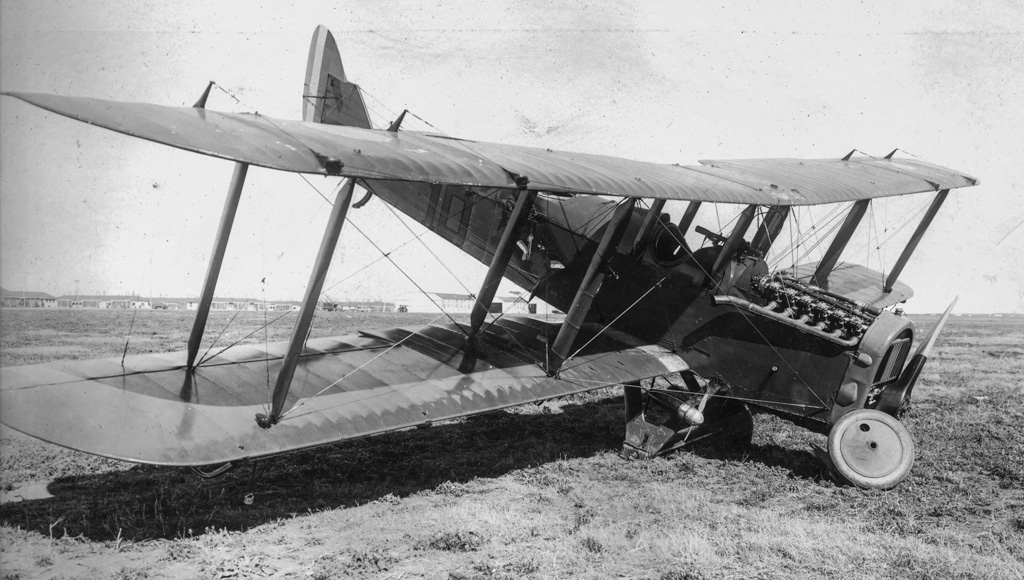
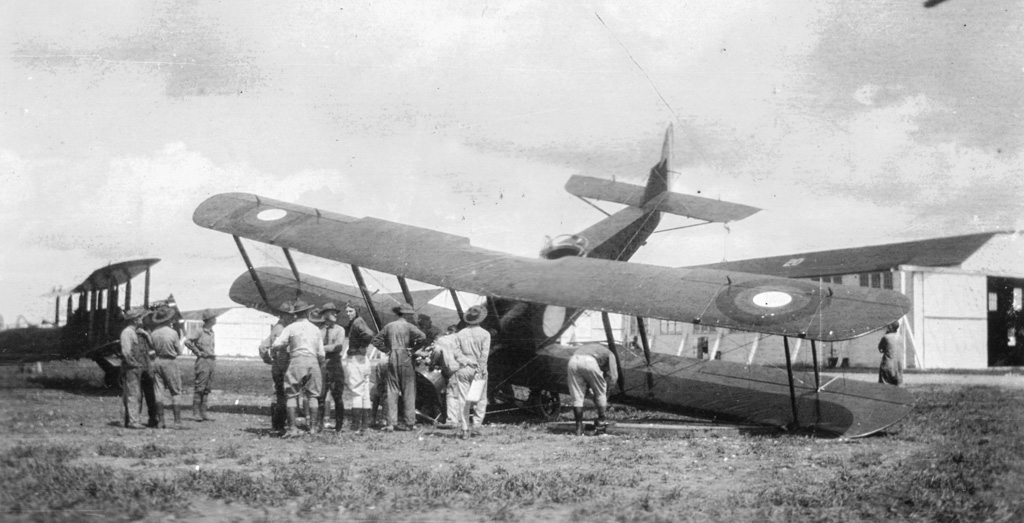
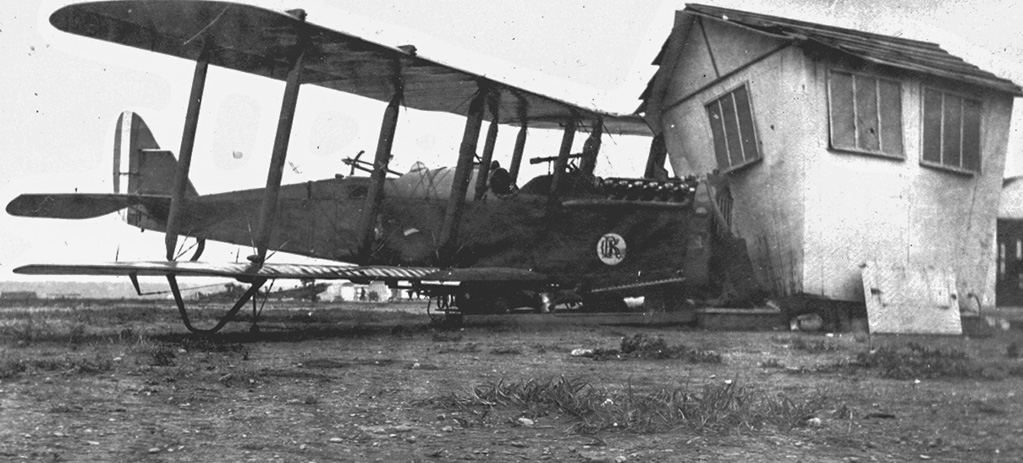
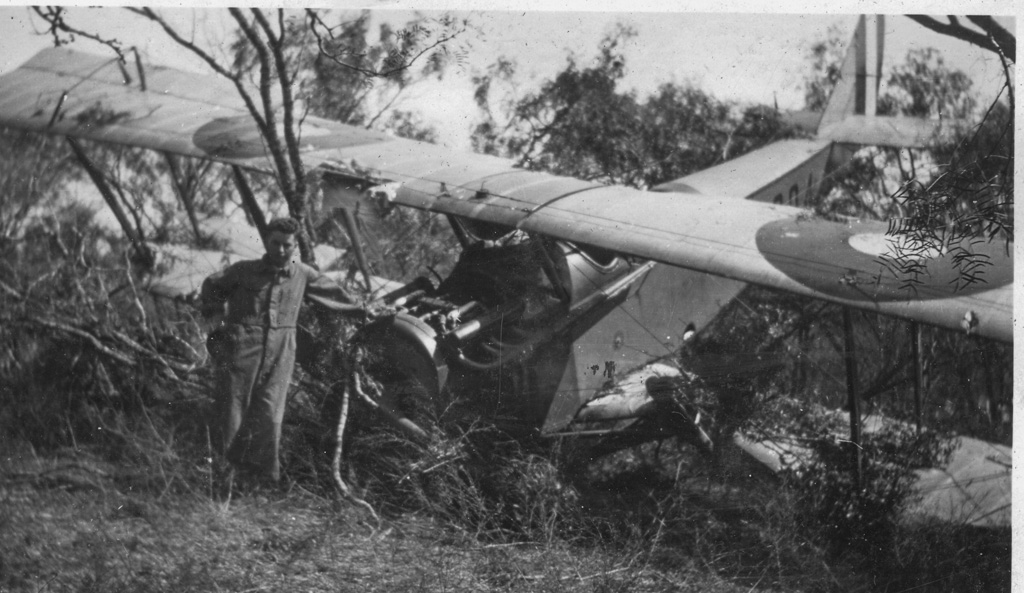

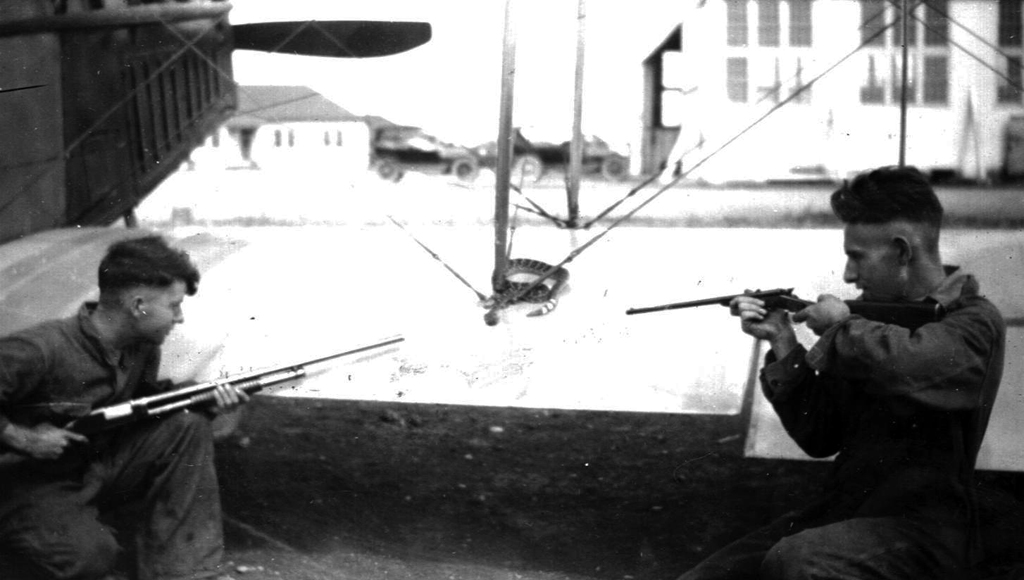
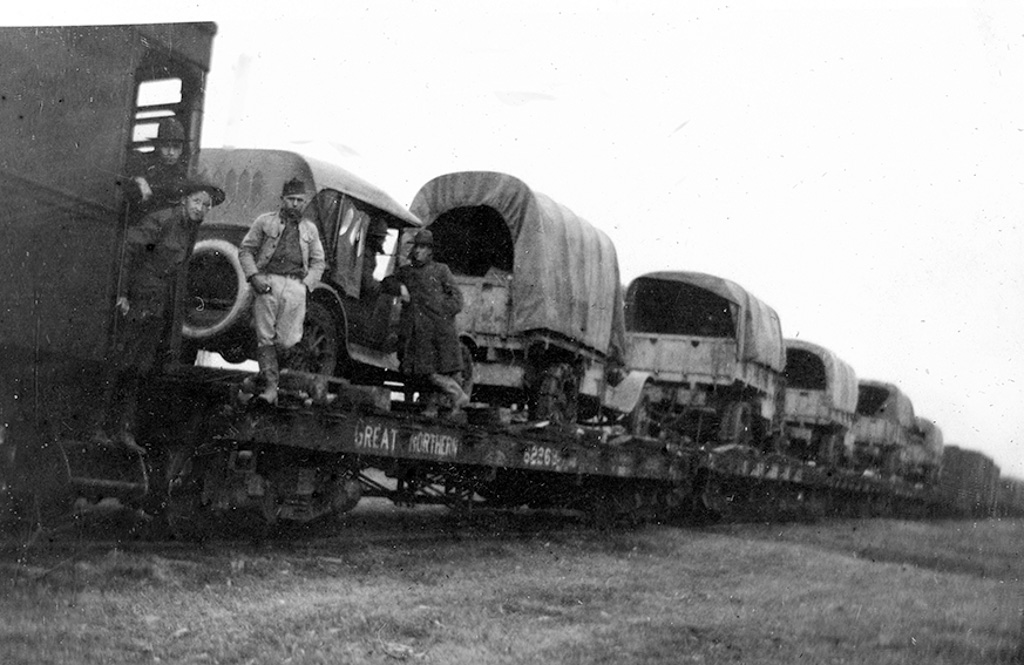
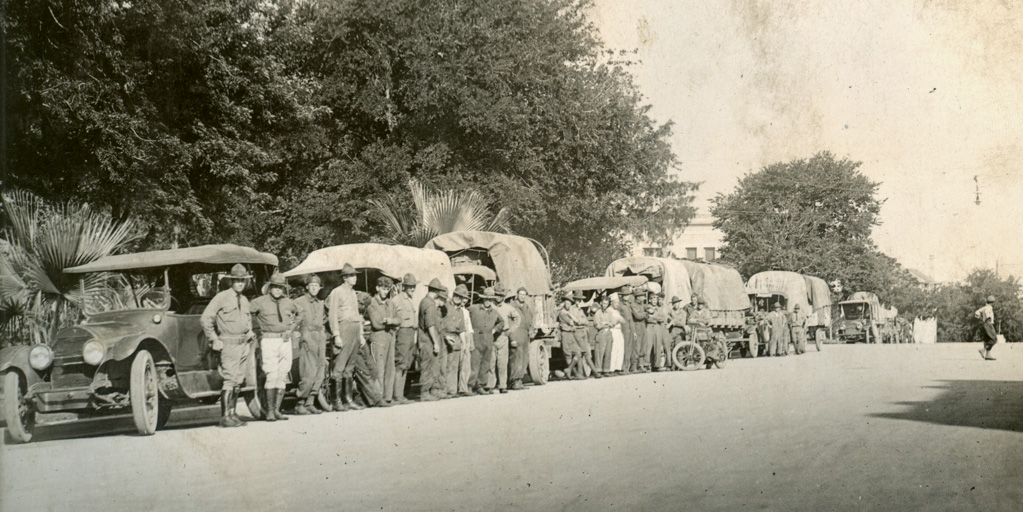
That bastard put me in charge of the train … damn! How did I get into this? It’s probably because he thinks he owes me because I agreed to do the paintings. This is my reward? I get this for that? Bullshit! When will I learn? He says it’s easier to move our reconnaissance SE5’s and Martins to Langley by flatcar than to try to fly them this time of year. Well, it’s not really too hard. I can check-off each plane … but the mechanic’s stuff. The guys will have to help me. If I had a list of Langley’s stuff … they have to have spare Liberty engines … parts, wheels and tires, those damned fuel pumps. It’s not easy to keep MB-2’s flying. We don’t have parts for them … Langley will.
Colonel says practice runs start in March. Bad weather out east, said he’s been there in the Spring … but some good days. Big show planned for April. Wonder what, bombing battleships?
Sketches are done. Spots acted like he liked them. I don’t know, I could have done better, I should have … too late, he had them framed … carrying them to Langley next week.
Cold and wet again. Damned Texas! Everything is wet clear through. Plane’s fabric gets droopy … boys are woozy from smelling dope … still the water gets through. We leave at dawn, everything we do starts at dawn. Charge!
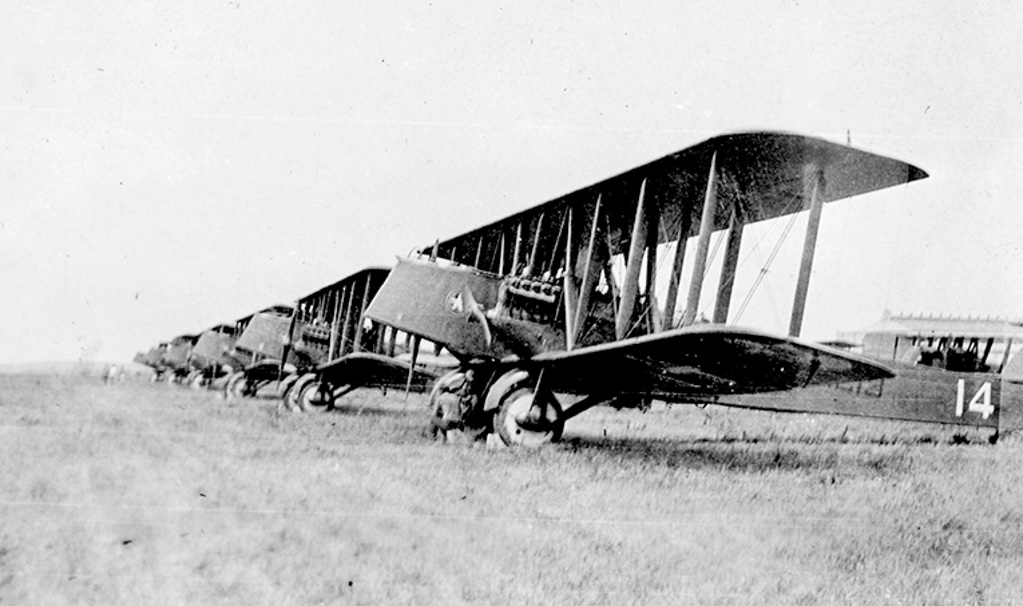
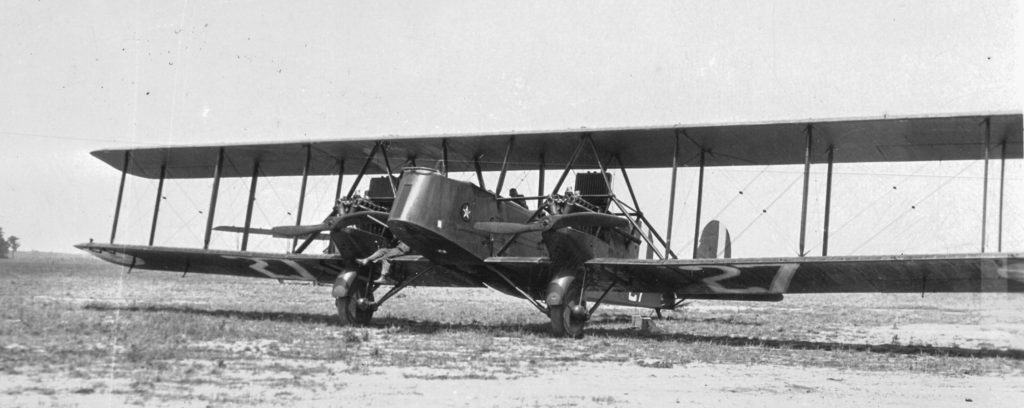
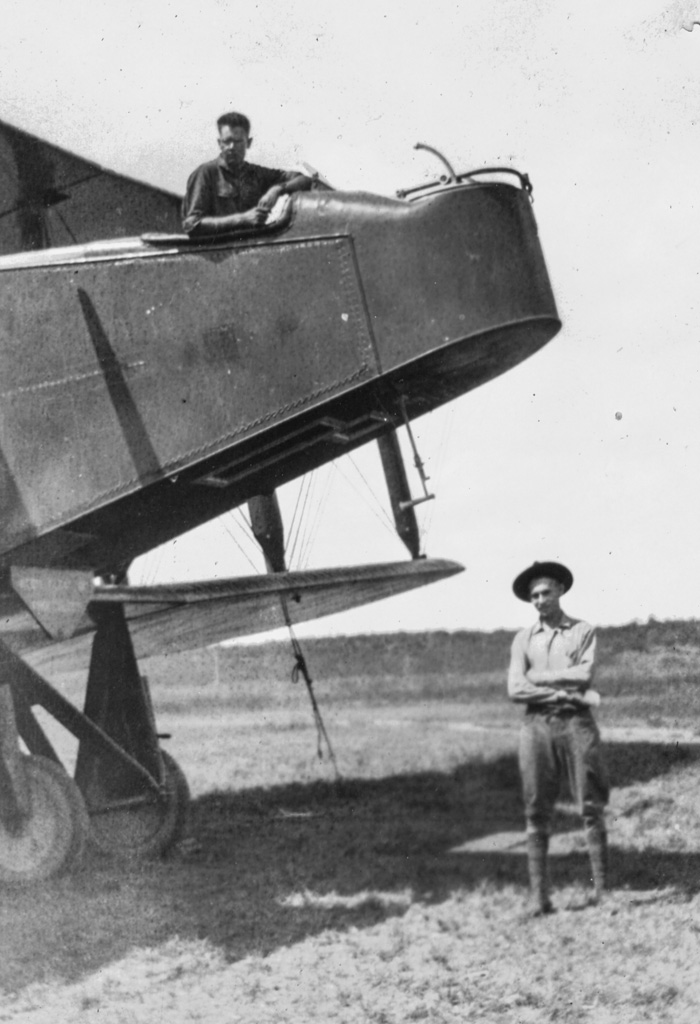
April 14, 1921: Langley Field, Virginia.
Edward:
“Were you there today?”
“Yeah. They came in light … no bombs. The pursuits wagged their wings like they was celebrating something.”
“Lets go over to the 7th Aerial’s Photo section. They always know what’s going on.”
“Hi, I’m Berger, this is Grant. We’re with the 49th. Came over to get confirmation for the guys in the bomber group.”
“Confirmation? Were they blind? The Indiana took a direct hit! We got it on film … should be out tomorrow.”
“Were you guys on the D-4?”
“Yeah, that gas bag makes a great photo platform.”
“Thanks Corporal. We’ll pass the word.”
“Goddamn, can you believe that?”
“One of our own ships?”
“Sure, surplus after the war. They didn’t think we could hurt it. I’ll bet they’re thinking now! Imagine taking a direct hit from a 100 pounder!”
“Berger!”
“Yes Sir?”
“General Mitchell loved those sketches! Here, I’m keeping my part of the bargain.”
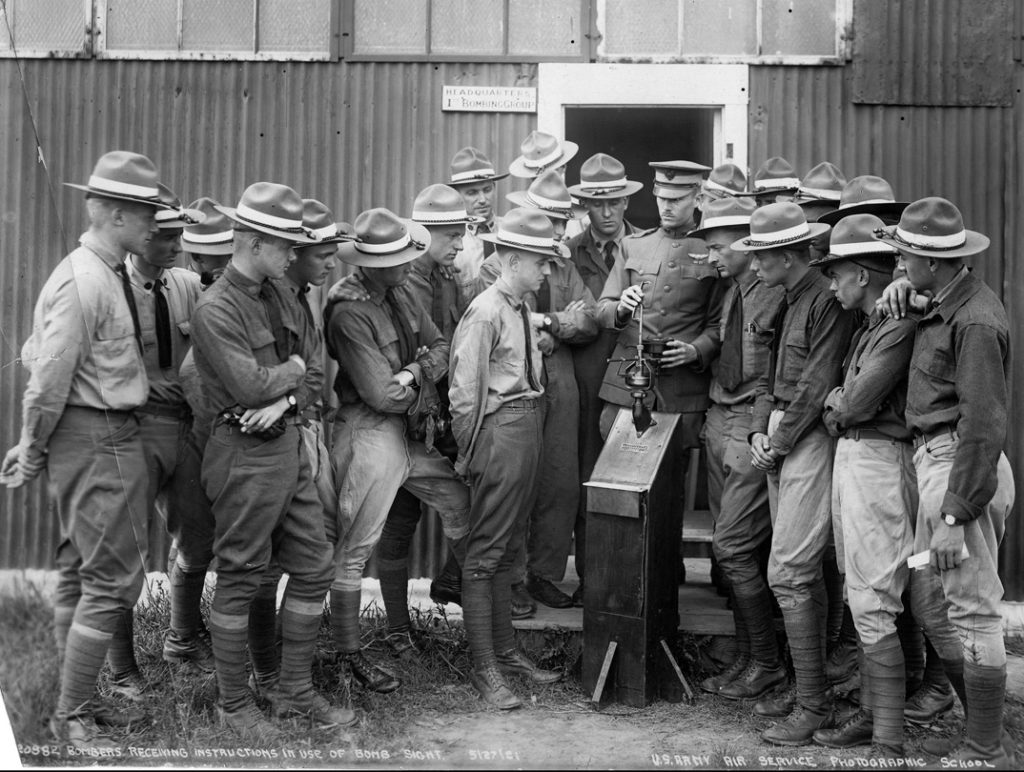
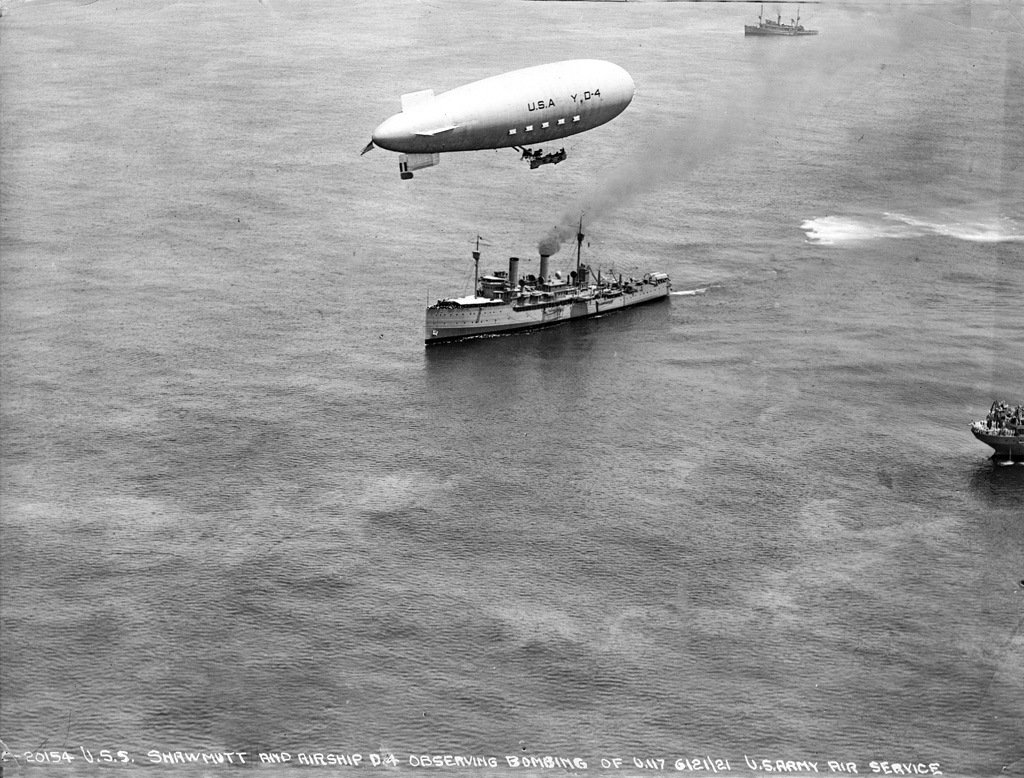
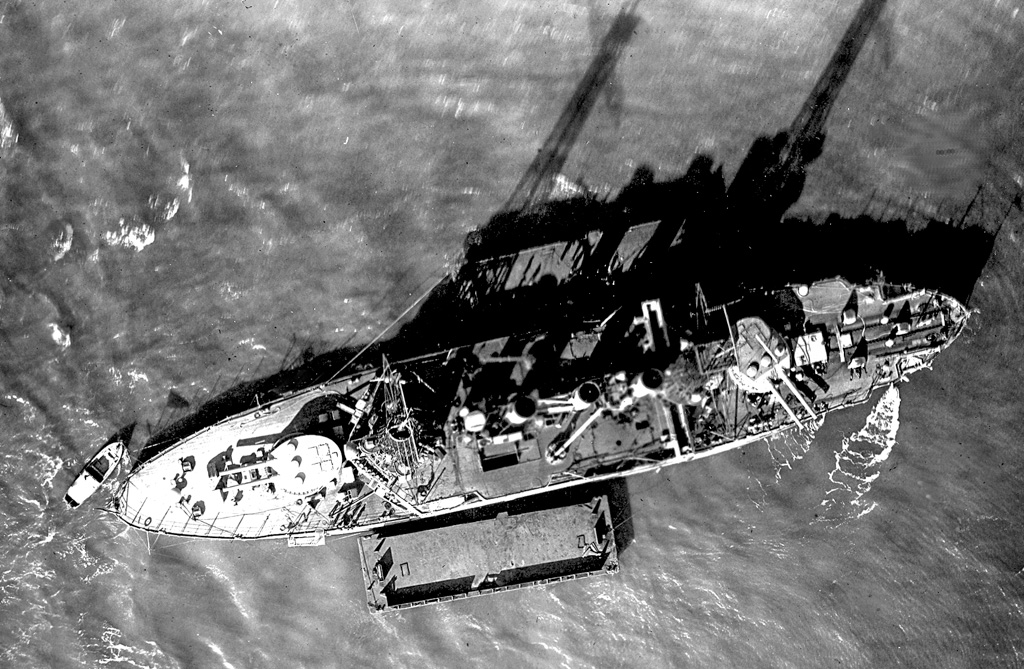
“Look at these! This is the Ohio, vertical. But here, this is one to keep … the Indiana smoking from a direct hit!
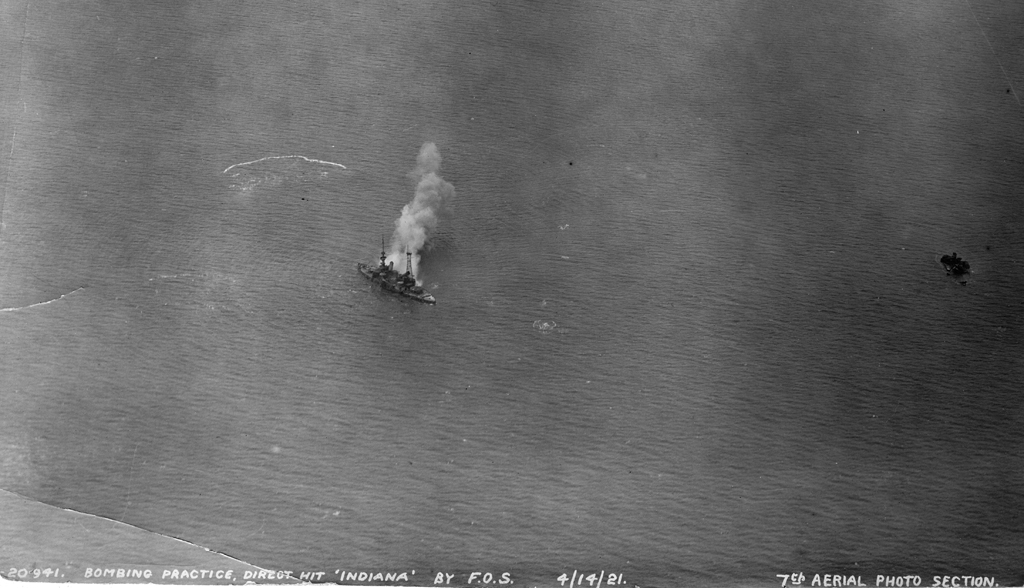
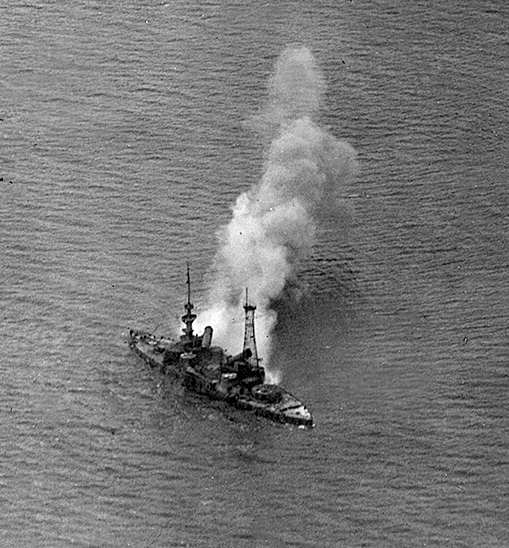
Here’s one from the Hanley Page test. Hey, here’s bombs under a MB-2. Impressive isn’t it?”
“Wow, Colonel. These are great!”
“Are we even?”
“Well, Sir, I was hoping to get one of the German battleship taking hits. That’s not until June 21st, but If you get good ones, can I have copies?”
“I’ll see what I can give you. The Navy brass has ordered a news blackout. We may not be allowed to release the actual sinking … and believe me son, we’ll sink that Ostfriesland hole in the water!”
“Thank you Sir. Then we’ll be even.”
July 21, 1921
“Ed, they won’t release the photos of the sinking. They claim Mitchell cheated. He used bigger bombs and dropped six in rapid succession. That guy who fought the Germans on Russia’s side, Alexander … what’s his name? … de Seversky, told Mitchell to drop bombs near the ship, not on it. It worked, the hull plates must have opened up. Two 1,000 pounders hit her directly. Four hit beside her. She sank in 21 minutes.”
“Wow! That proves we have a great future ahead of us. Orders say we’re to ready planes to drop stuff on the Alabama. Test’s in September.”
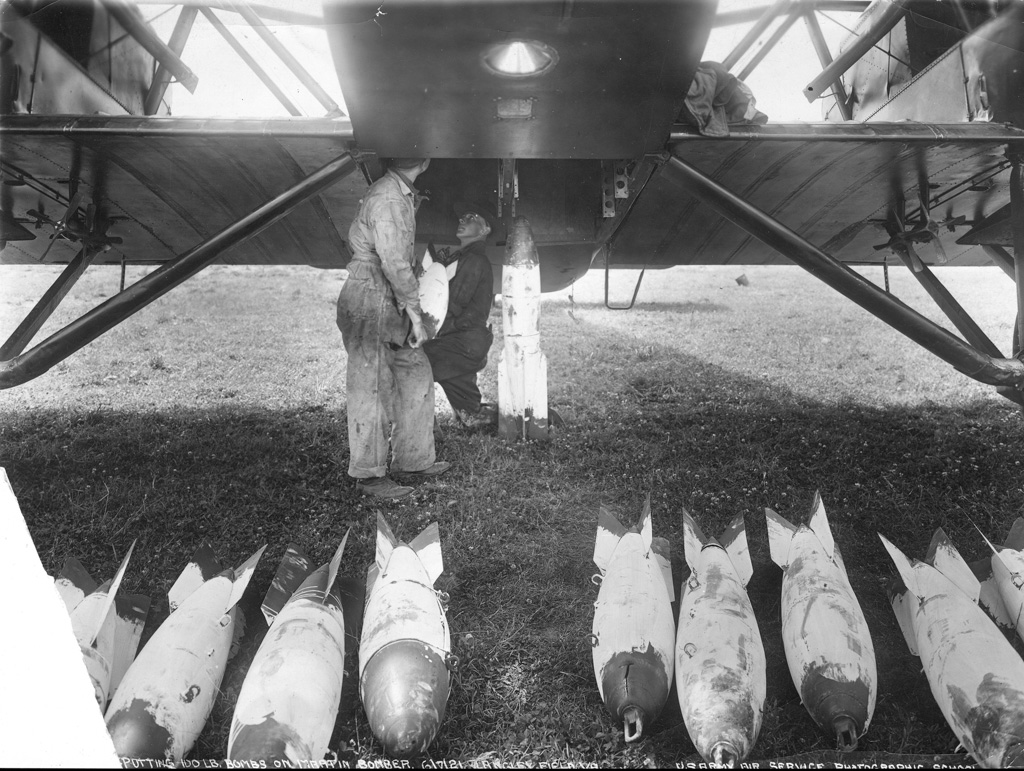
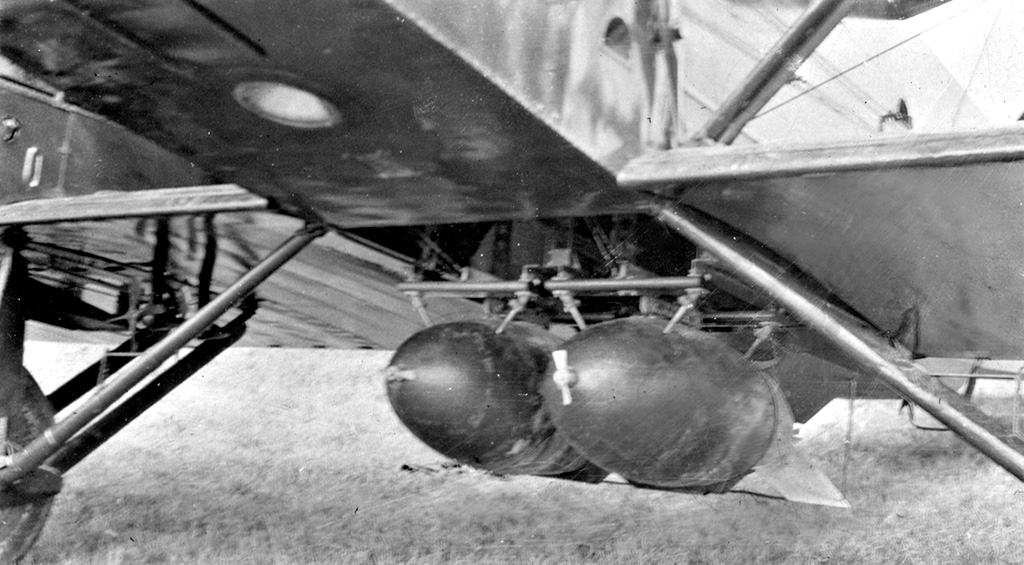
“They stopped flying for the day. It’s unbelievable! That guy had more guts than brains … he said he’d never die in a crash, and in a way, he didn’t. Captain says he was dead before he ever hit the ground.”
“Where’d they hit?”
“The left prop went right into his cockpit. Both planes came apart in mid-air. Plumb was dead right then, they’re sure of that.”
“Remember how he always said ‘Jimmy Plumb, at your service!’”
“Yeah, some guy. I really liked him. Maybe he’ll race in heaven!”
Plumb’s dead! Here and going strong, then dead and no more. While you are alive you count. Dead, people go around trying not to think of you … too depressing. Soon, it’s almost as if you were a story, not a man; a spirit in the wind. I’ve got to remember that. You only count while you’re alive. Once you die, it’s all over. Kinda like Cookie’s chickens. They are all the same, really, although some seem different when they’re alive. One chicken dies it doesn’t matter. Others are like it. The chicken race goes on as long as there are some that breed.
The worst part of living is knowing that it’s all over when you die. Maybe some family remember you, once and a while, for a time, but it’s best to forget the dead. Life is for the living … that’s what they say. My art might go on like some of the masters … no, not mine! My photographs. Maybe somebody will keep them. Then someday someone will look at my picture, see my name, and … they’ll think about themselves and try to understand their lives. Who I was will be as unimportant as … who Jimmy Plumb was. Damn, that’s depressing.
Steel grey water – silver line – steel grey sky: The Atlantic Ocean. Across that water…
Now the sea carries the remnants of the bombed Indiana and the crumpled mess of Plumb’s plane; of Billy Mitchell’s dreams, and mine. It washes and then deposits things that once had substance onto the beach. More important, it washes-in things without body, things more powerful than the solid pieces of our refuse. Ideas of men in waves upon waves upon waves, always coming, always depositing, always eating away the ground beneath our feet.
My voice carries out across the sea … to Europe maybe? I can hold this note until my voice cuts through the wind; goes out to the unknown. My power against the world! But who am I? One thing’s certain, I’m not the person I was three years ago. I’m completely different … but why? What for?
Papa, you crossed this ocean. I can only imagine you and Mama. Then you came back to this coast … worked in the shipyards on the Delaware … you must have stood on this coast looking back across the ocean, back towards where you started. What did you think then? Were you terrified that what you left over there would come here? Papa, you must have seen something there that was evil and threatening. What did you see? Was what you saw or remembered so powerful that it split you between us and then? Papa, if things were different, if Mama and … all of us … could ever forgive you, could you tell me what came with you to this land?
Even in July the waters are cold. July 9, my day. I’m twenty one! A good day to be alone and wonder what to do. After we sink more ships and the Ostfriesland we’re going back to Texas … maybe they’ll let me fly. Damn the wind, my ear aches again. Damn, it aches! The wind and cold off the water make it worse.
Virginia 1921:
“You’ll just have to wait until the infection goes away. There’s nothing else I can do for you, Sergeant.”
“Doctor, there’s got to be something. The pain is worse today … I can’t stand it!”
“I’m not an ear man. It’ll just have to go its course.”
“I’m going into town. There’s a doctor there, maybe he can do something.”
“I wouldn’t count on it! Besides, you’re on duty and town’s off limits. You may not go to town!”
“I’m going!”
“Captain, I got to report Berger. He’s heading for town, walking! Disregarding direct orders.”
Truck’s coming up. Slowing down. The pain’s worse, they’ve got to do something!
“Sergeant, where in the hell do you think you’re going?”
“To find a doctor, Captain. I’ve got one hell of an ear ache, can’t stand it! I’ve got to find a doctor who can help me.”
“What was wrong with Doc?”
“Said he couldn’t do anything.”
“Hurts real bad?”
“It’s terrible, Sir.”
“Get in. There’s a doctor at the hospital. I’ll take you there.”
“Well son, too bad I didn’t get to see you sooner.”
“It wasn’t easy getting to see you now.”
“Really … not the way it’s supposed to work … but, here’s what needs to be done!”
“A pencil!”
“Perfect instrument for this, really! We can get it sharp, and it seems the graphite helps keep infection down. Now hold still!”
“My God!”
“It’ll drain now. Pressure will ease, pain will go away. Ear’s done for … I had to puncture the drum to let the poison out. But at least it’ll drain and get well.”
“I can’t hear out of it.”
“Won’t, either. If’n you hear anything, it will be a kinda whistle, so I’m told. You can live with that. This could have killed you … so near the brain and all. By the way son, you a pilot?”
“No, but I want to be.”
“You can try, but I think you won’t want to fly now. The pressure … well, you’ll see!”
Kelly Field. Fall, 1921:
“It’s posted on the board in the main barracks.”
“That we are to be disbanded?”
“Read it!”
“But we proved that airships can sink ships … didn’t we?”
“I guess. They say Mitchell cheated. They had the tests set up so he would fail. He used bigger bombs and dropped more than one at a time. They want him to shut-up and he won’t so they’re disbanding us. Pershing says there will be more testing … in a few years.”
“So that’s why we can get out or go to the Philippines?”
“You have your choices, Sergeant.”
“What’s in the Philippines?”
“No Martin Bombers, believe that!”
“Regular Army then?”
“Regular Army duty … at least as far as we can tell.”
“What of all this?”
“Skeleton crew, I suppose. No one seems to know.”
“I have four months left on my enlistment. They don’t care?”
“No.”
“We just get discharged? Go our own ways?”
“What does it take, Berger, a sledgehammer! My advice is get out, or settle for regular army. You could be reassigned to … hell, I don’t know. I don’t even know if they will let you keep your rank.”
“Just like that?”
“What’cha gonna do?”
I’ve never seen men so depressed … sad. We walk around with our friends knowing that we’ll soon go our separate ways. Mack Grant wants to go home to Colorado. I don’t want to go home. The Philippines would be fine … maybe, but not regular Army. I’ll never learn to fly. It’s not right!
Today the Colonel had more stuff posted on the bulletin board. ‘Opportunities Abound!’ or so it says. I’ve stopped reading through the lists. Don’t want to work for the railroad or the bus companies. Neither does Mack.
“Ed, did you see the one about free land?”
“No, nothing’s free, you know!”
“Veterans can homestead land in the west. It sounds interesting. Come on, let’s go over there and you read it!”
“Colorado, Montana, Nevada, New Mexico … all you have to do is prove-up on it. Nevada, I can’t imagine Nevada. Isn’t it a desert?”
“I think so. One thing, I don’t want to be where there’s winter all the time like Montana … cold!”
“Who do we know from those States, Mack?”
“Me! I’m from Colorado.”
“What’s it like there?”
“It’s beautiful. In the East it’s like here, rolling flats. Then bang, up jumps the mountains. I’m from Colorado Springs … right at the foot of Pike’s Peak. You’ve heard of Pike’s Peak? I can’t wait to get home.”
“Cold there?”
“Sometimes, in the winter. Strange though, even when it’s cold you can be warm if the sun’s out. I wouldn’t let that stop me, Ed. Where I live is an almost perfect climate.”
“Look at this homesteading offer? Do you think there’s still good land in Colorado?”
“I’m surprised, I thought all the land was gone long ago. But maybe the government is opening public lands – lands the cattlemen run their stock on, never deeded.”
“You say you’re going home?”
“I guess so. I don’t like the thought of being sent to the Philippines.”
“How are you traveling?”
“Train, or try by car. There’s no direct line from here. Probably have to go to Kansas City, then to Wyoming, then drop down through Denver and on to home. I understand they are building a new road called the Lincoln Highway.”
“What if I went with you?”
“Why not, Ed? You can see Colorado and … hell, the worst that can happen is we have an adventure. I can get us to Colorado Springs, then I can show you around.”
“Thanks Mack, I need to think about it … for one thing, I want more information about homesteading. I never planned to be a farmer.”
“Rancher, Ed. If it’s range land, you’d be a rancher.”

